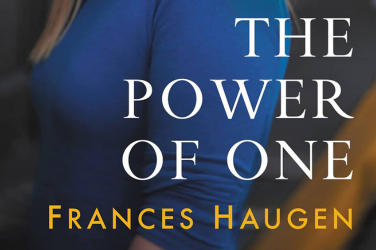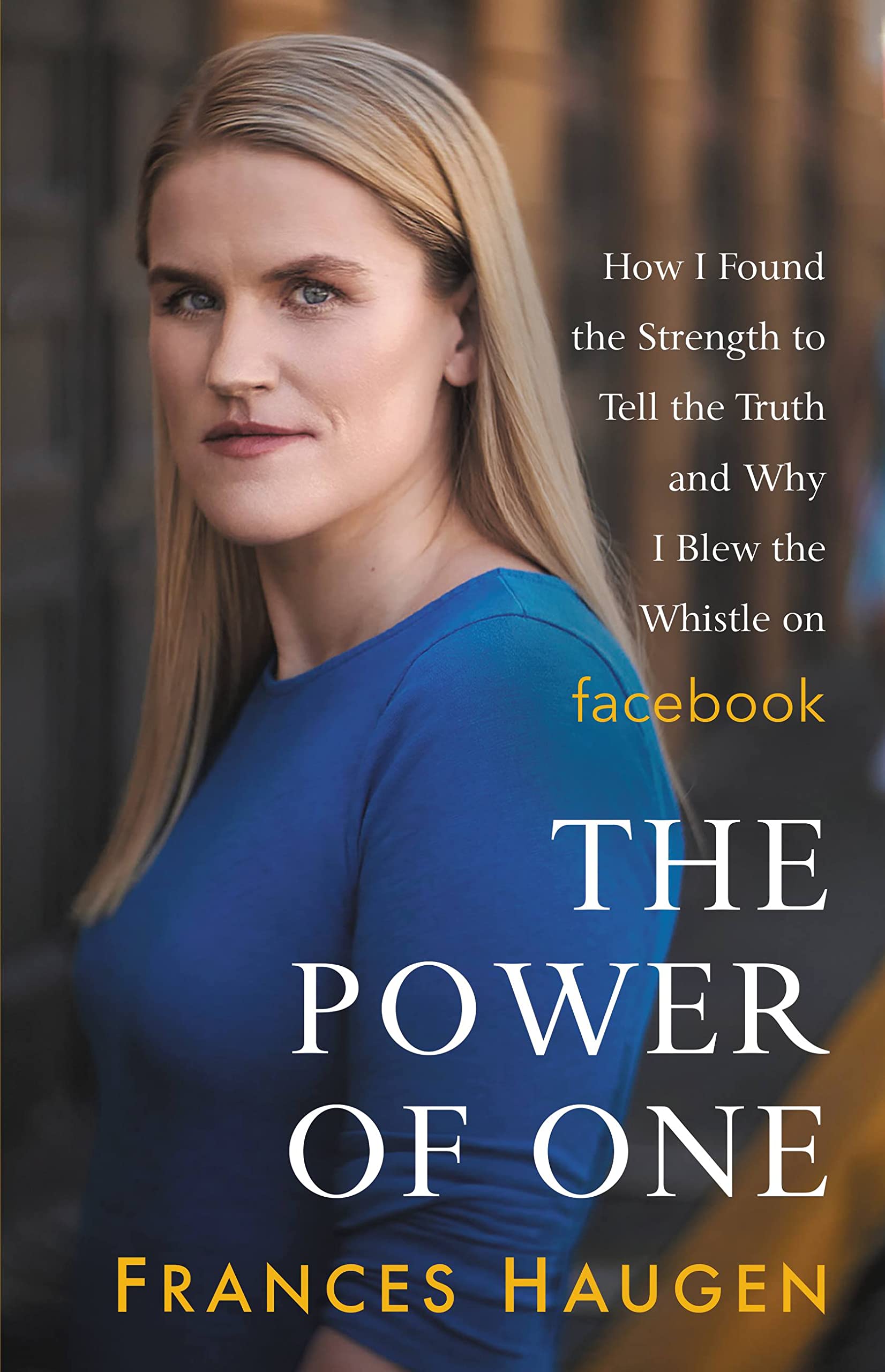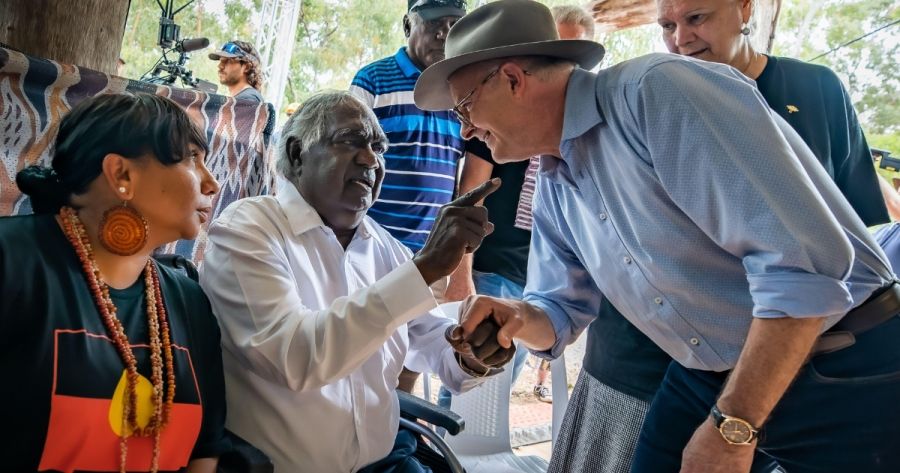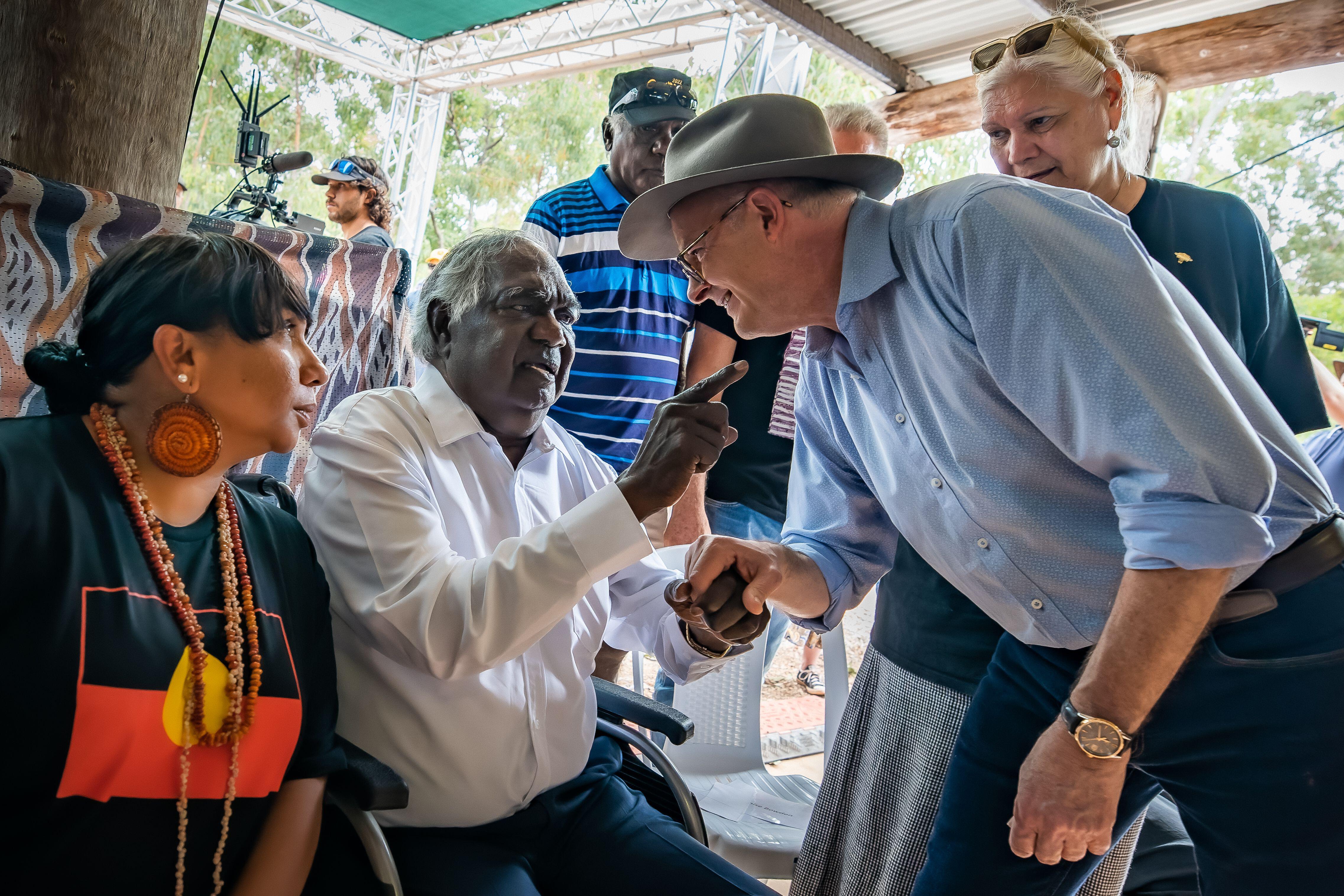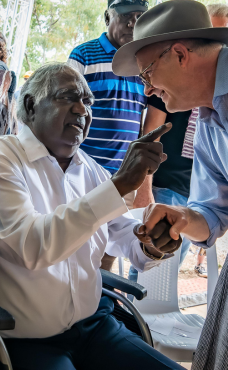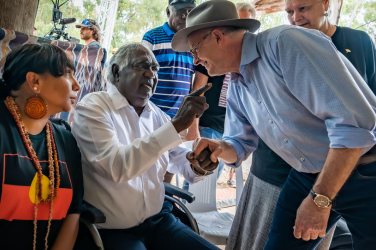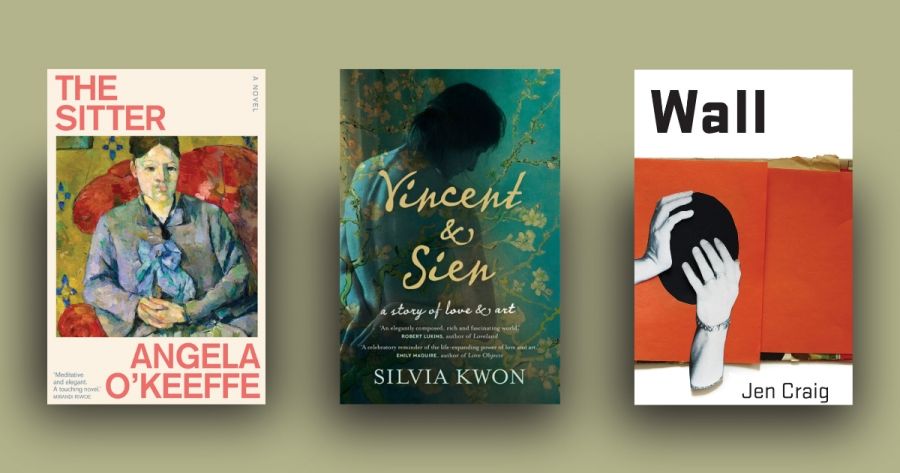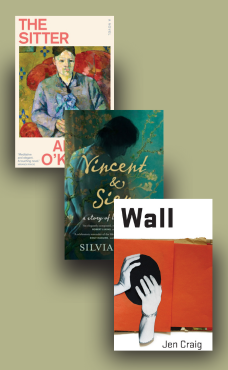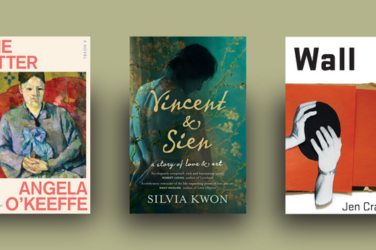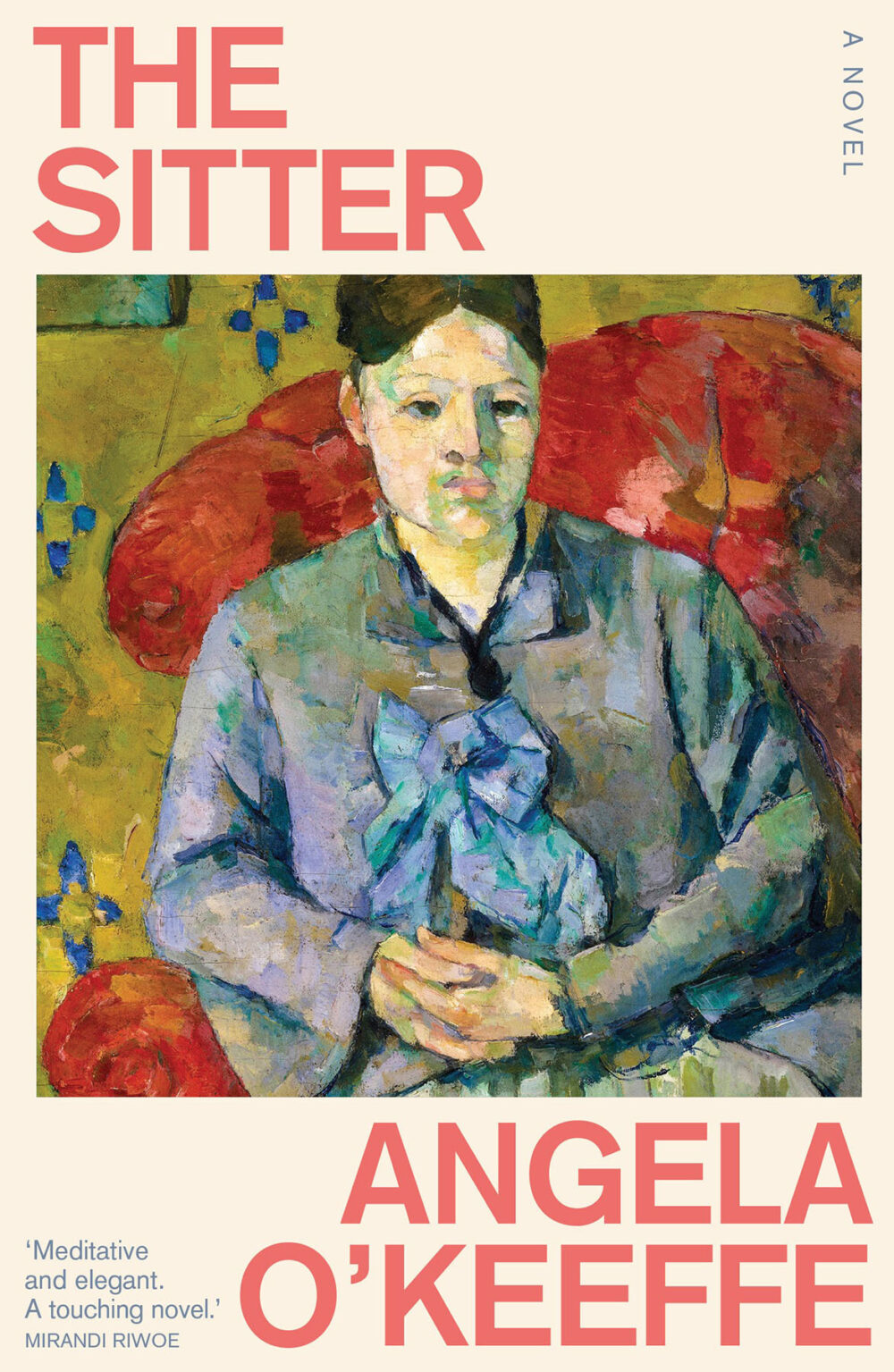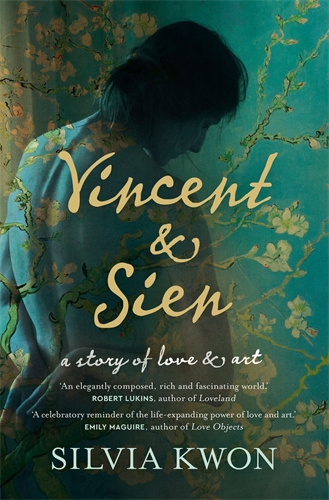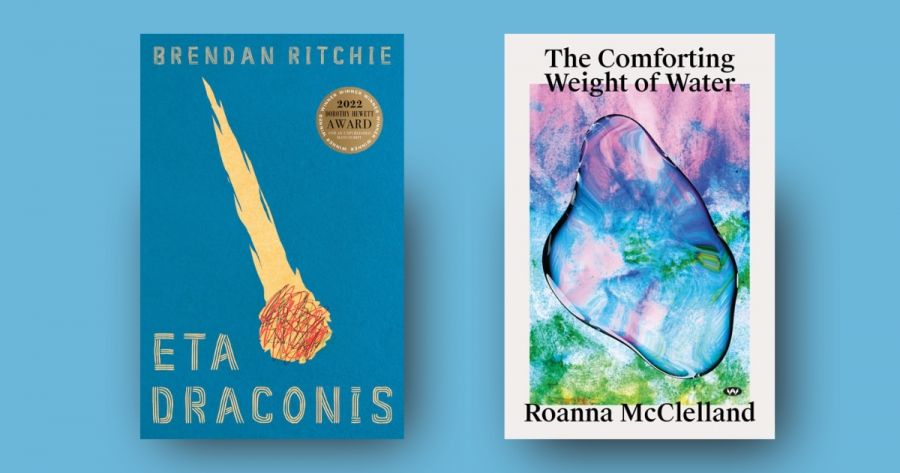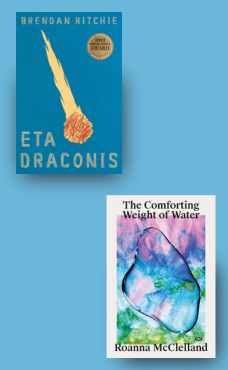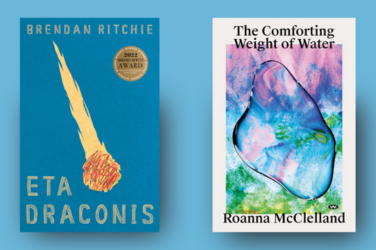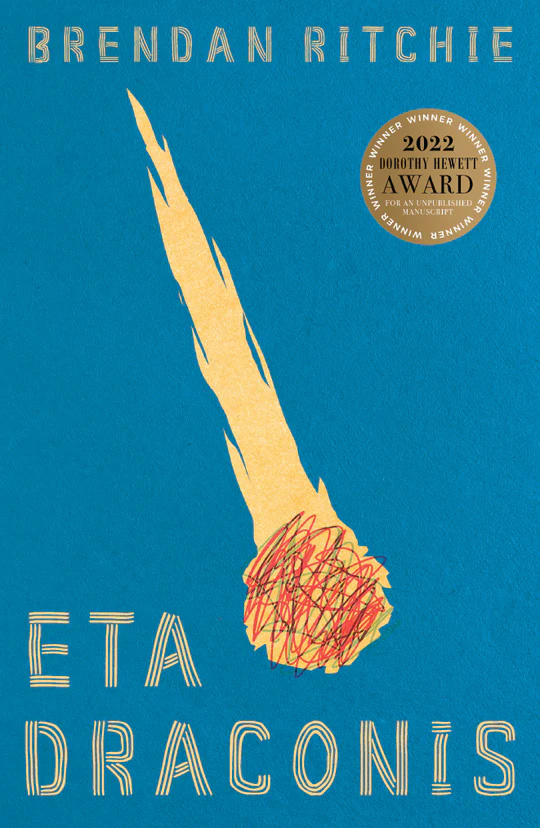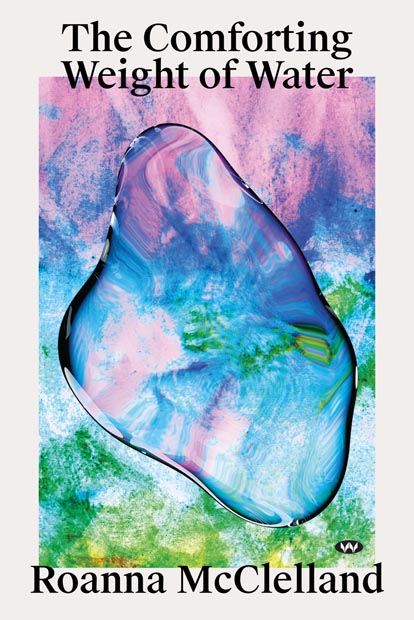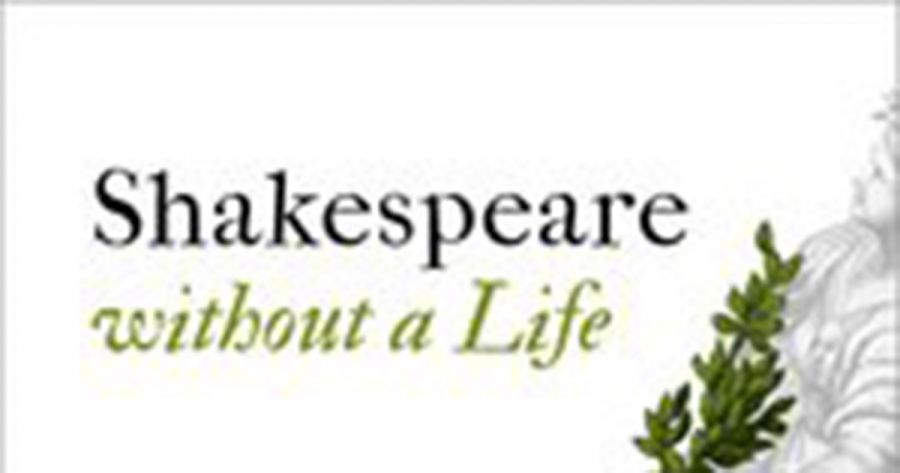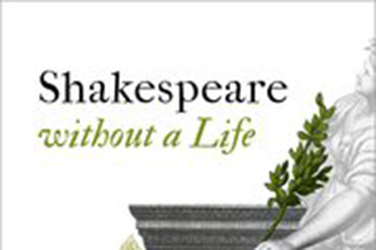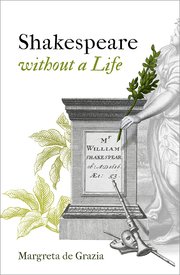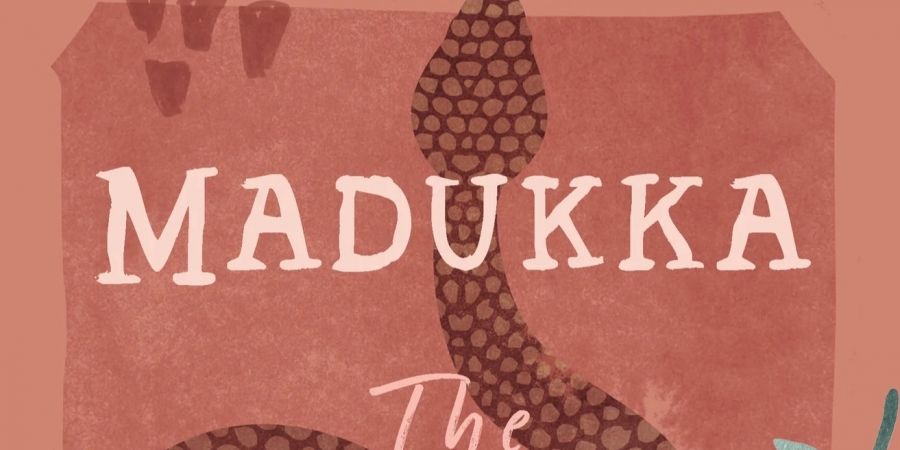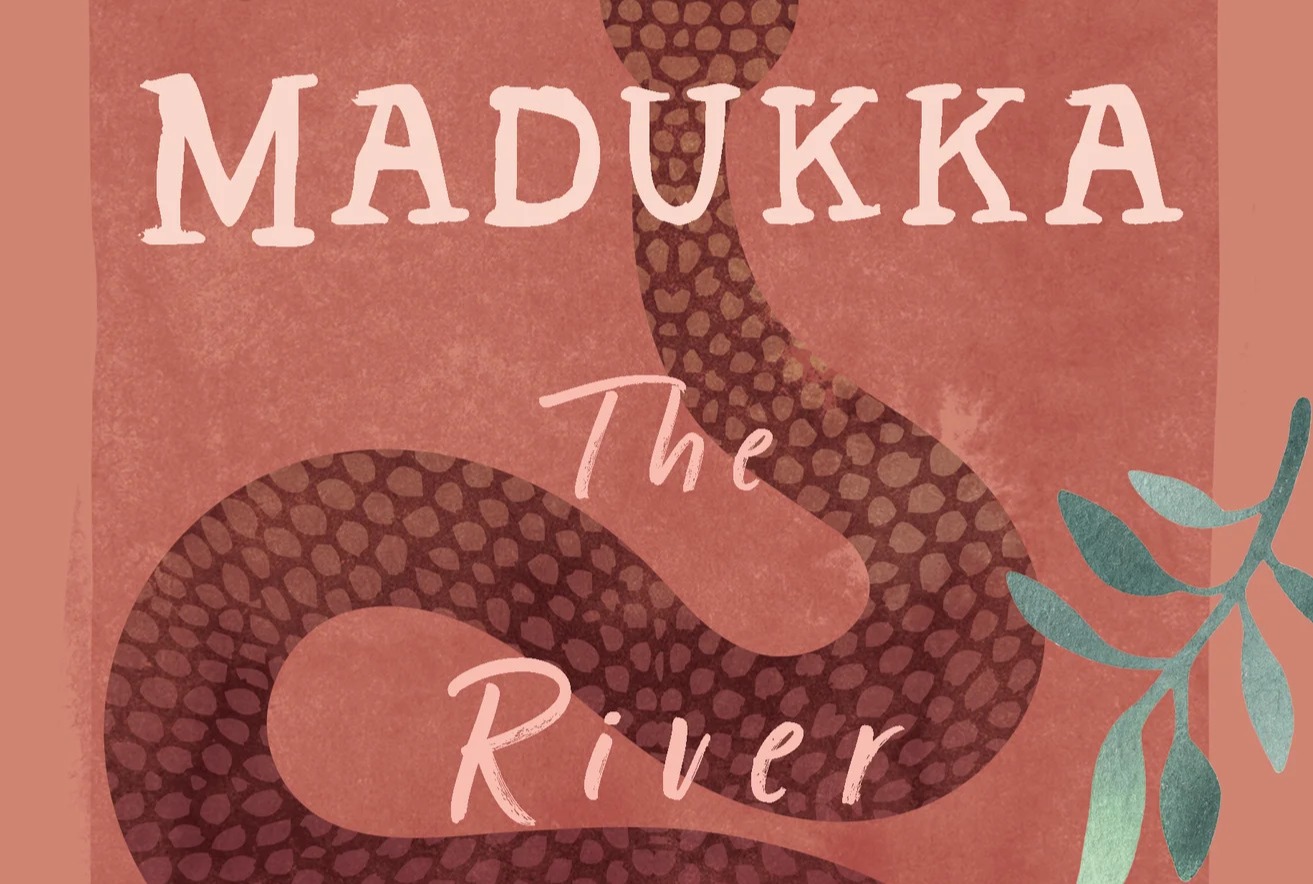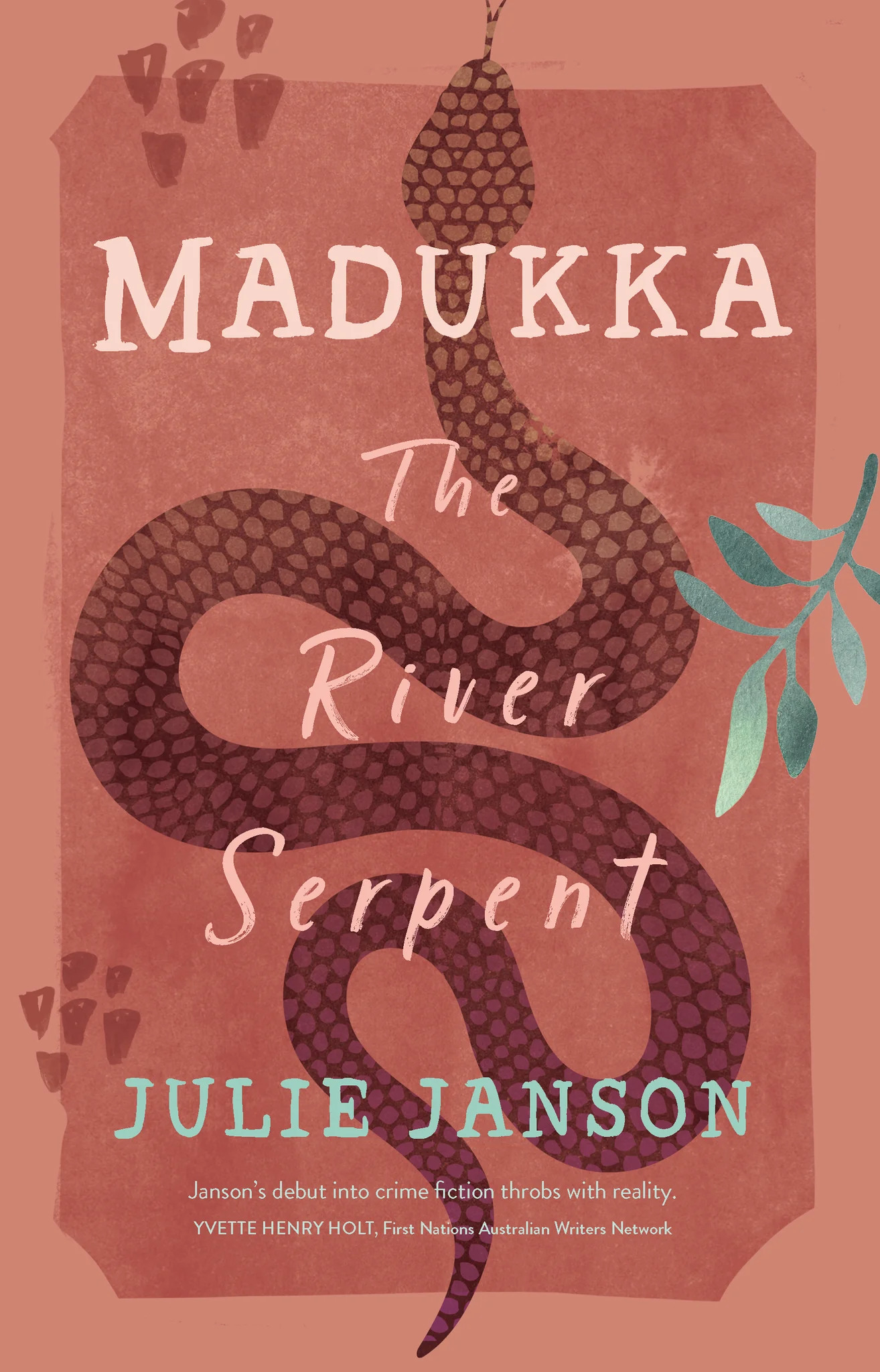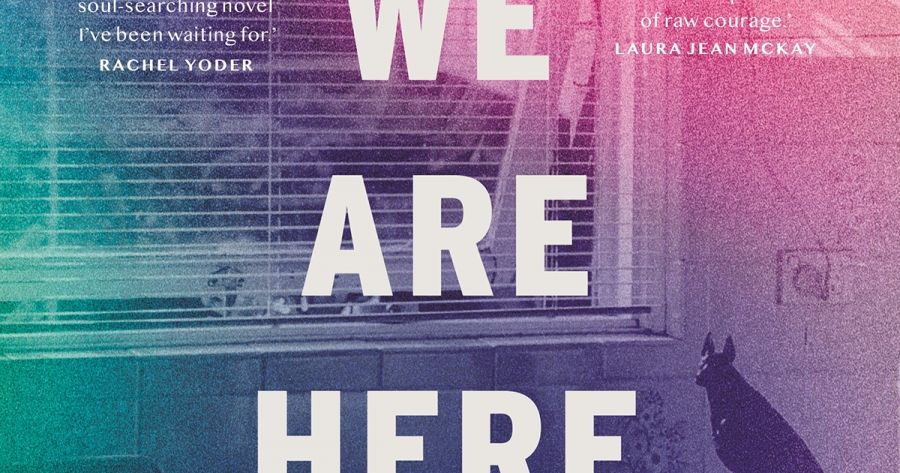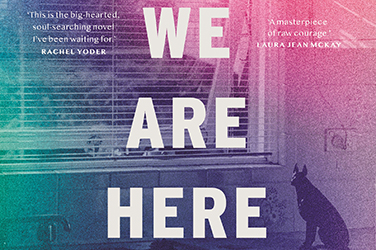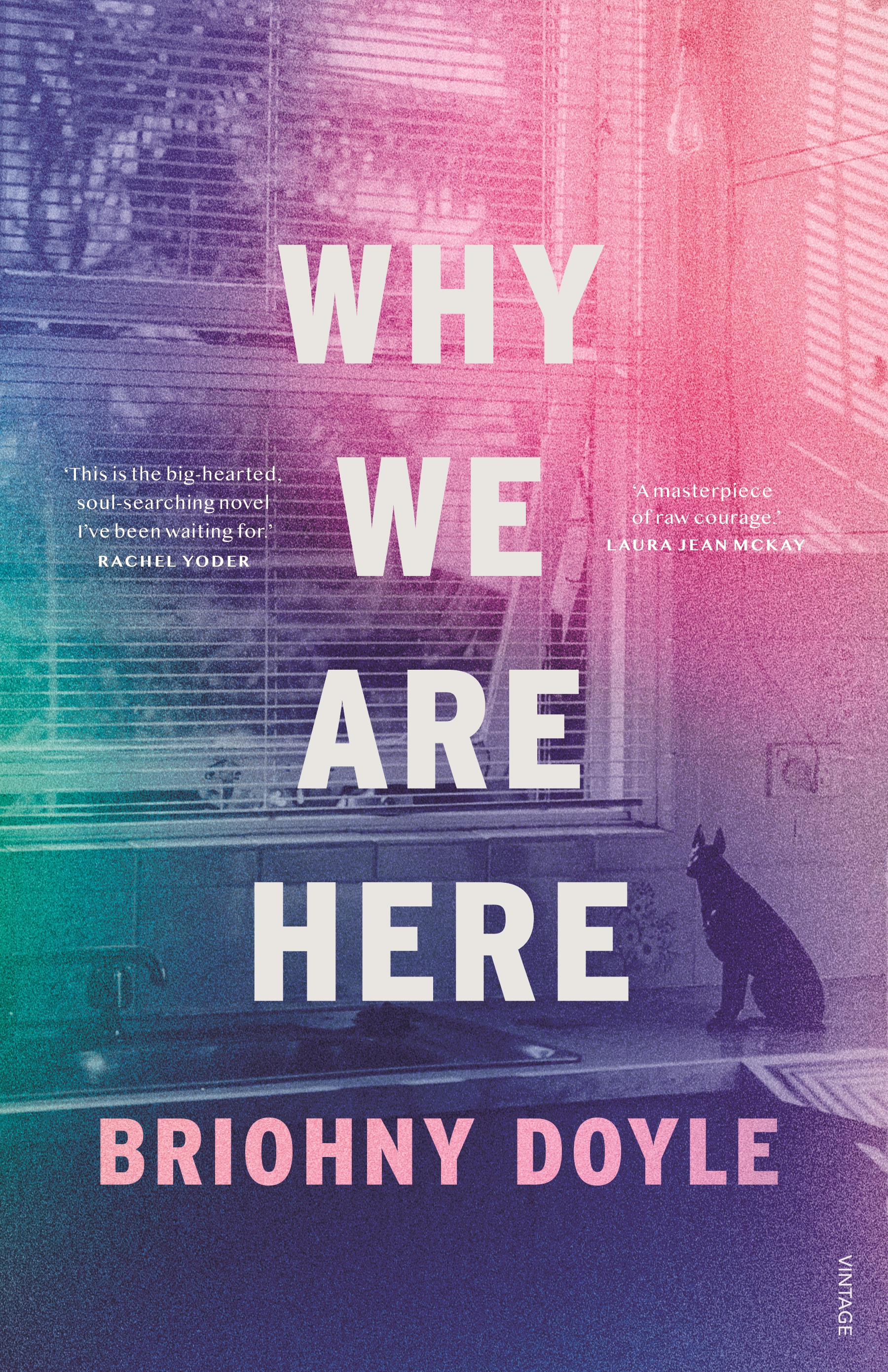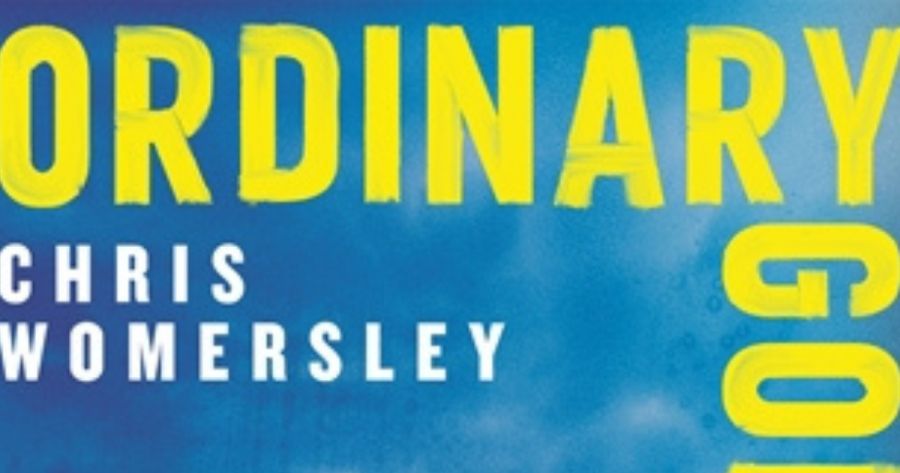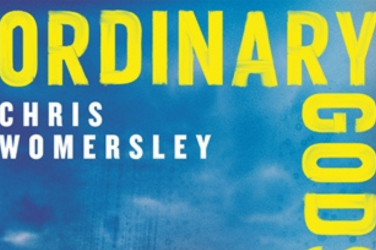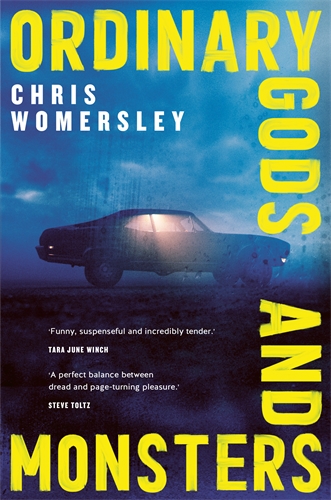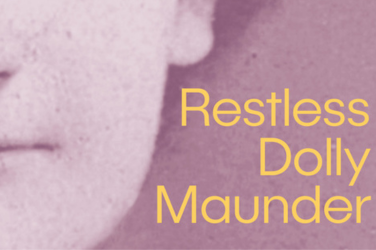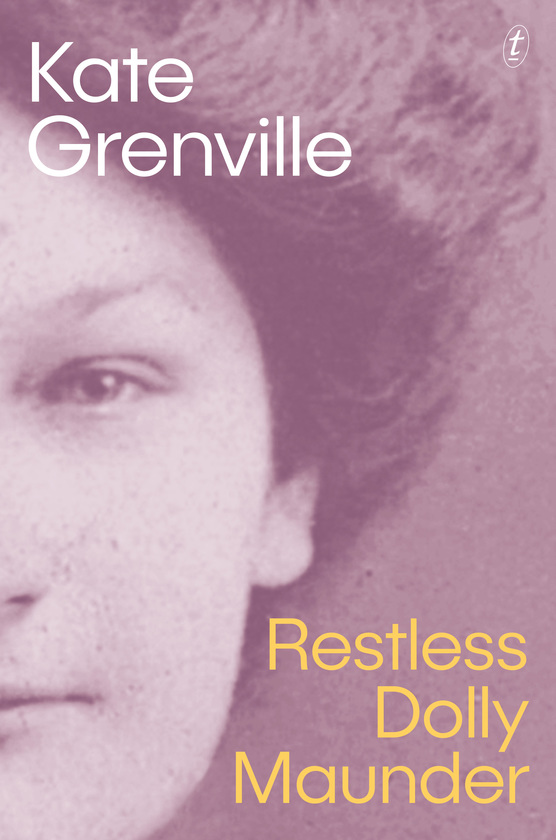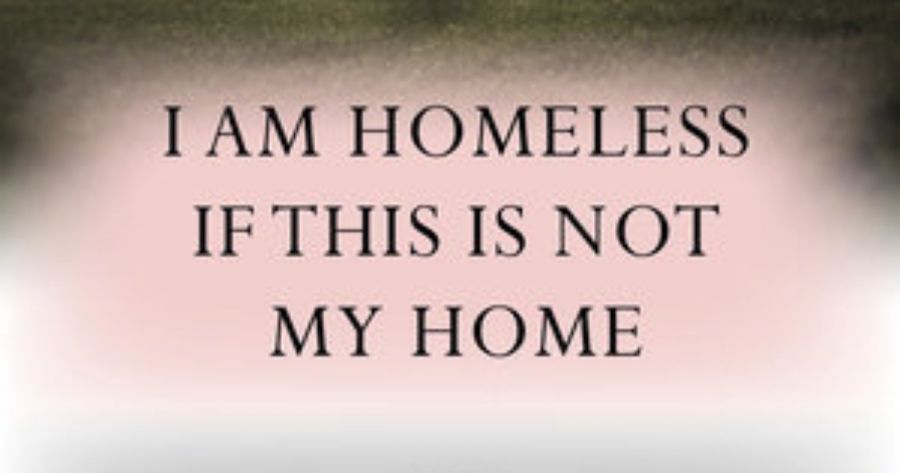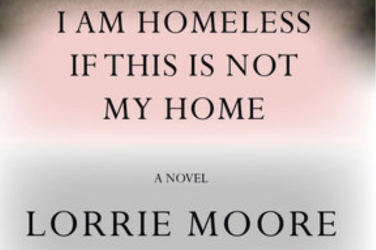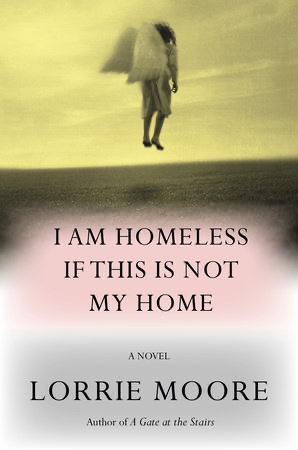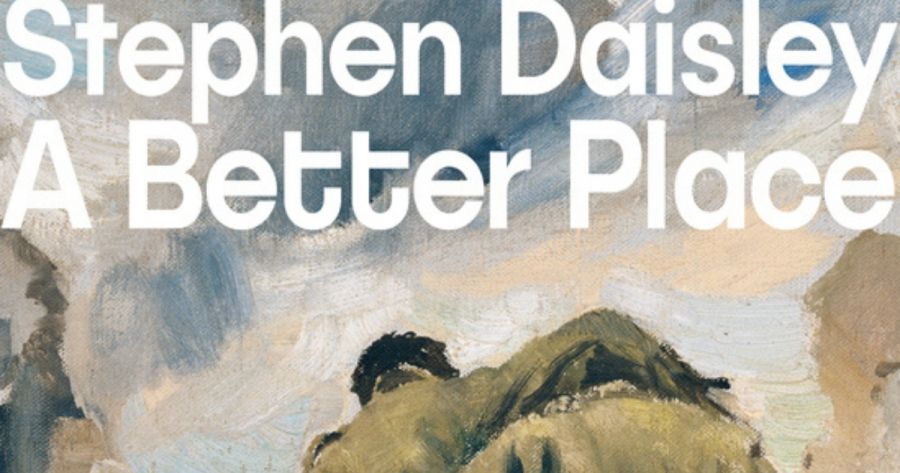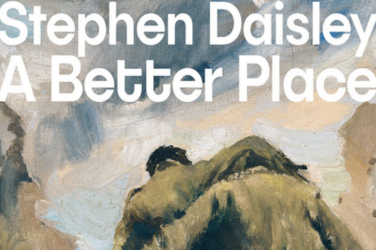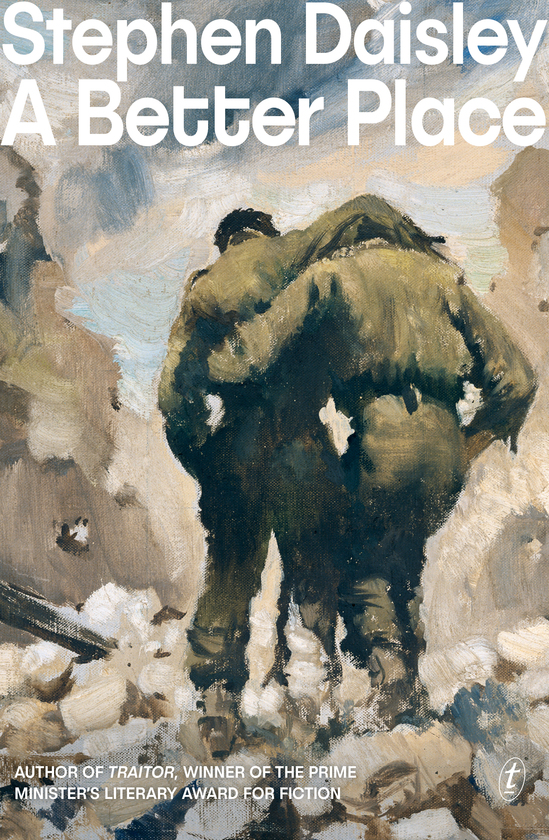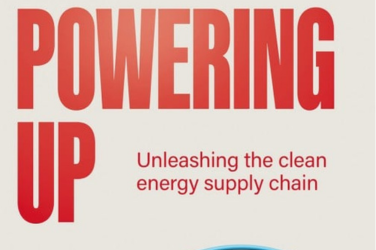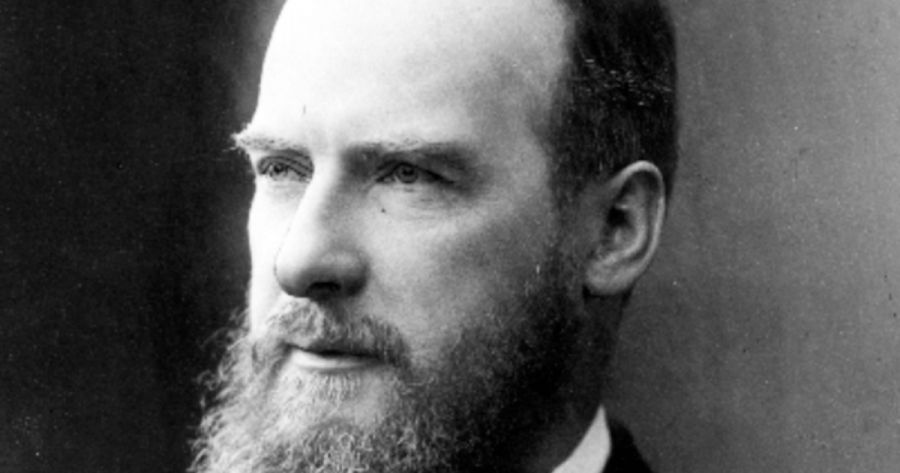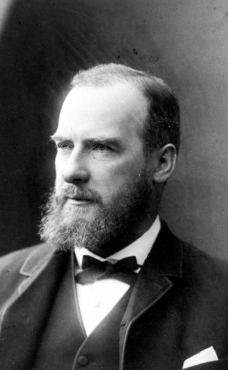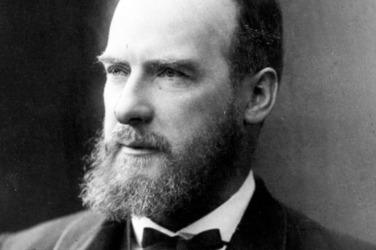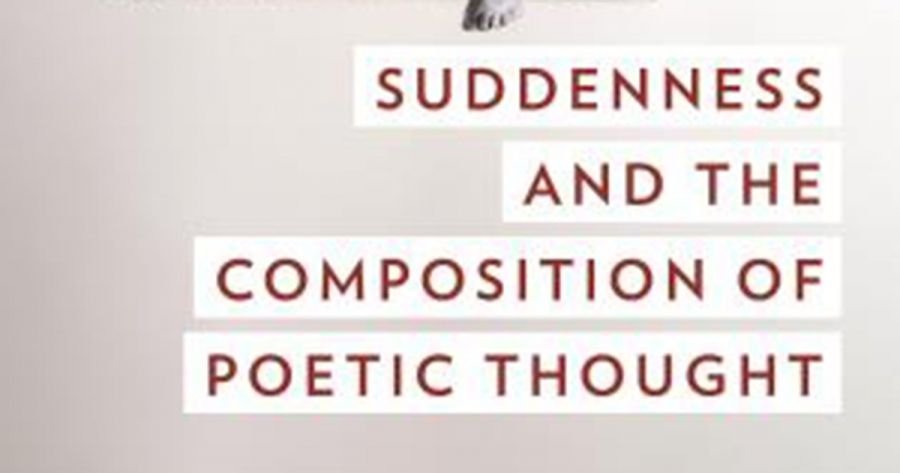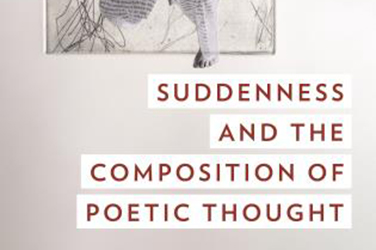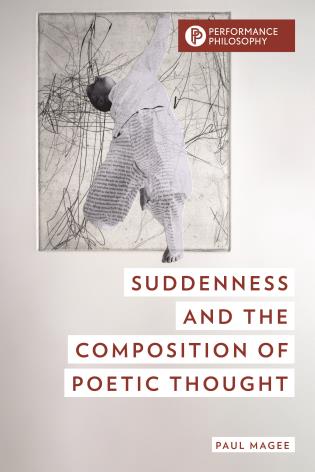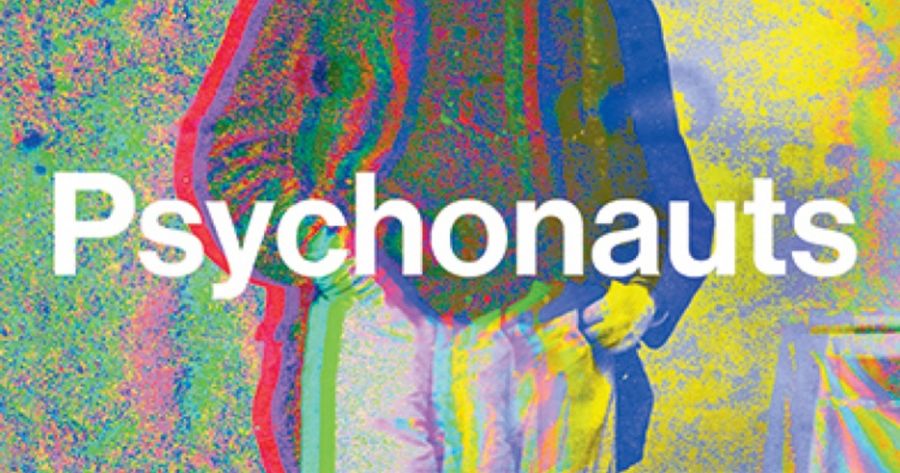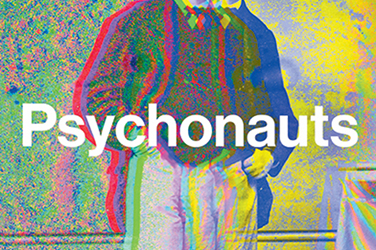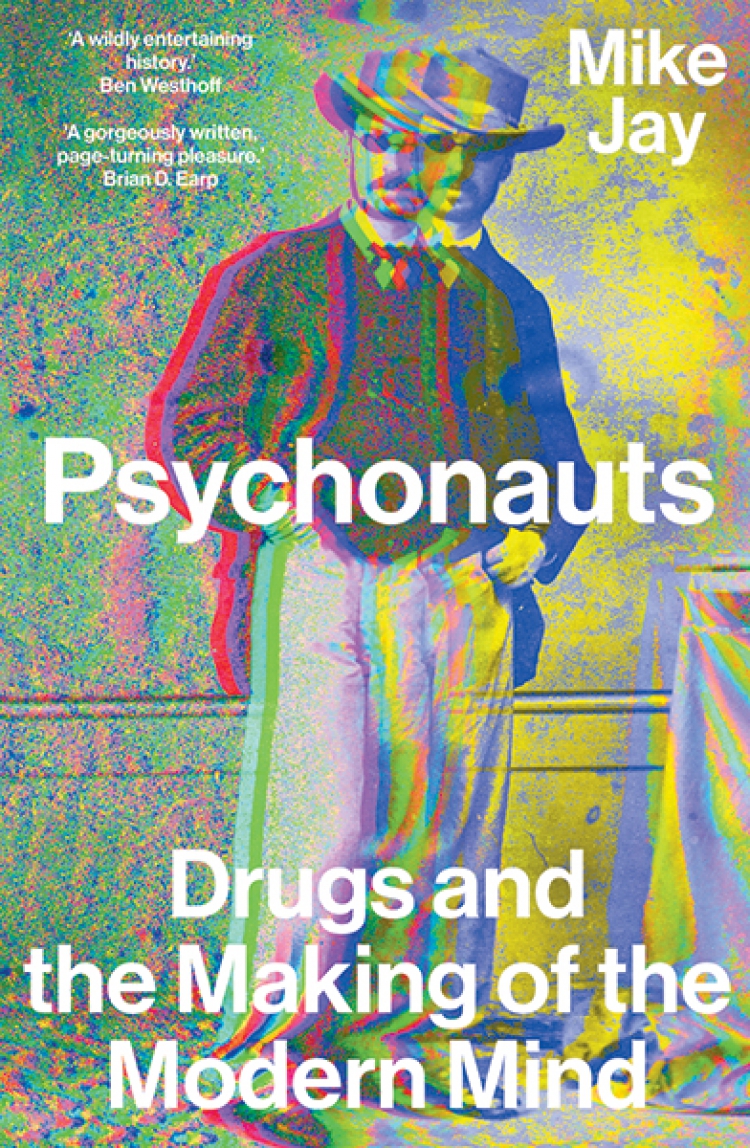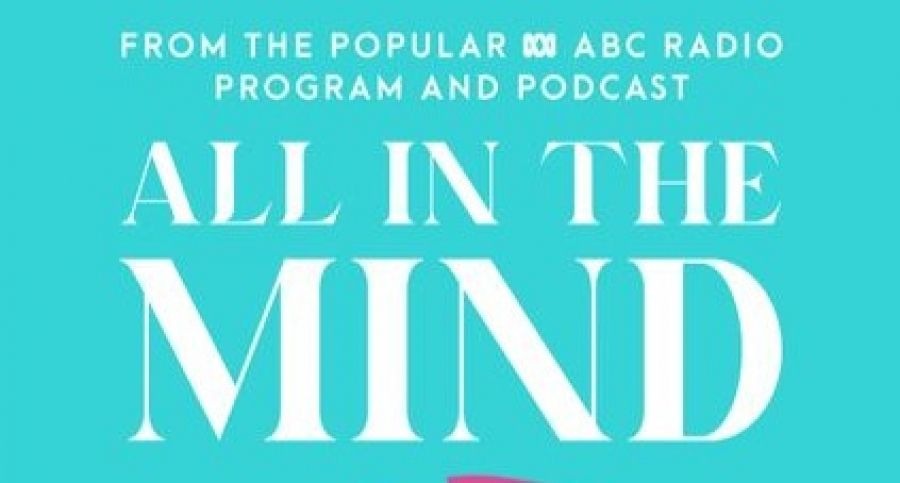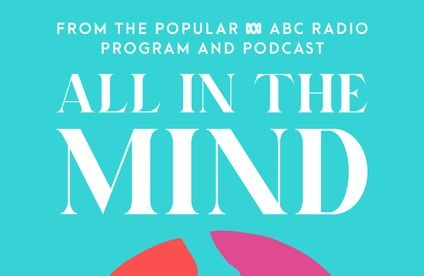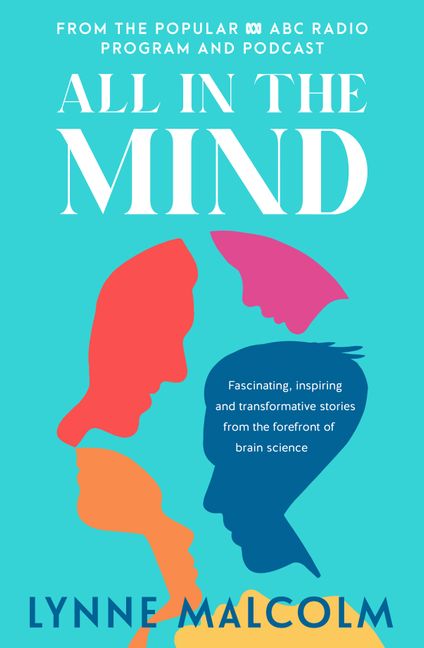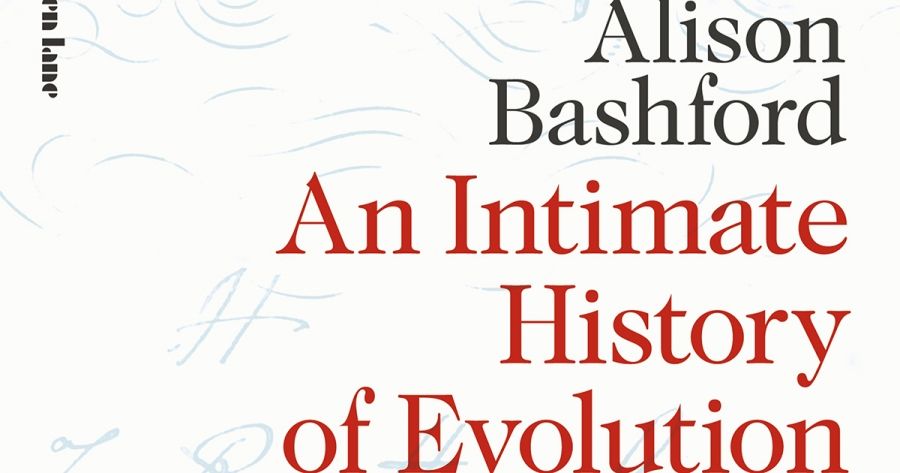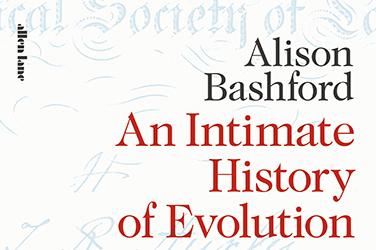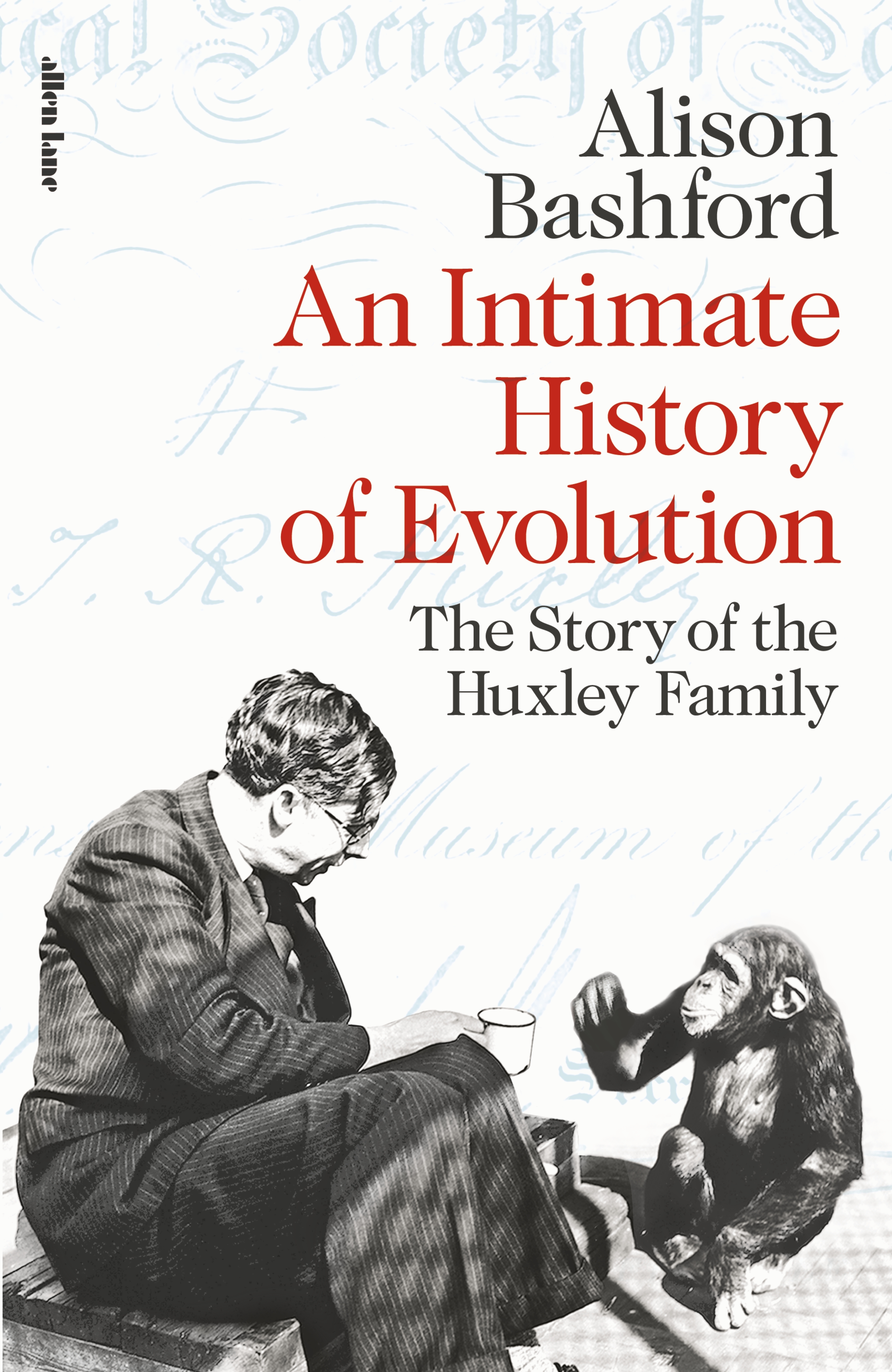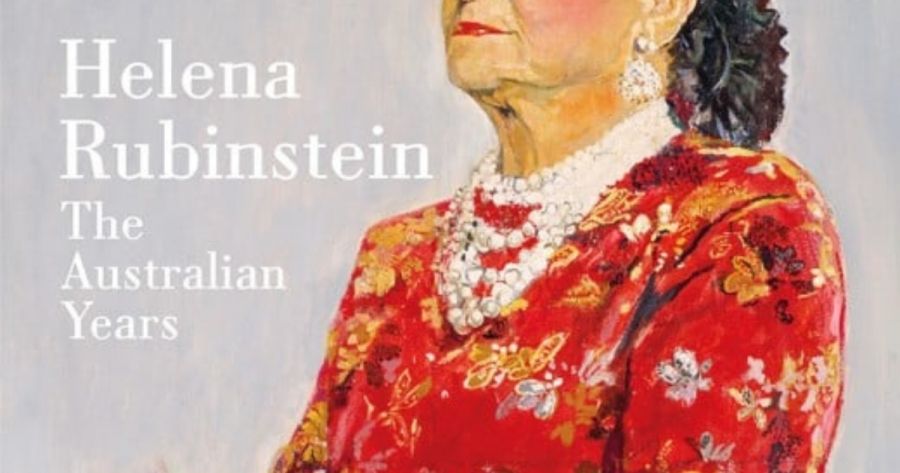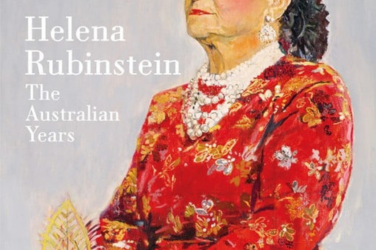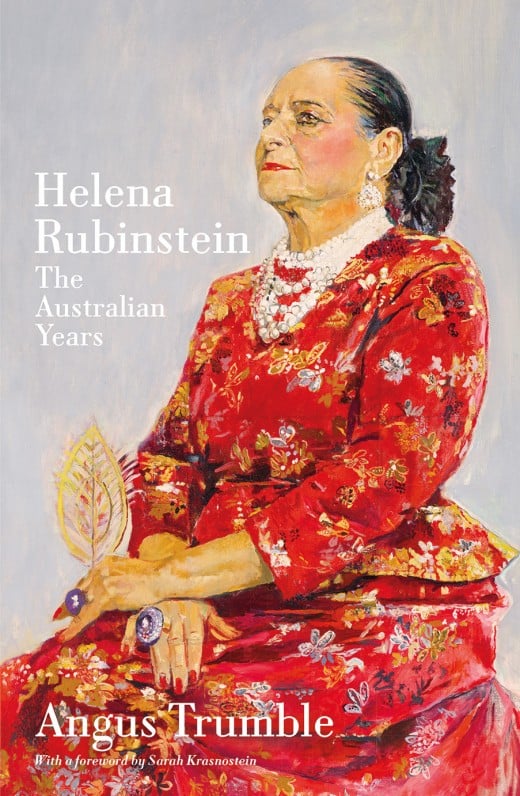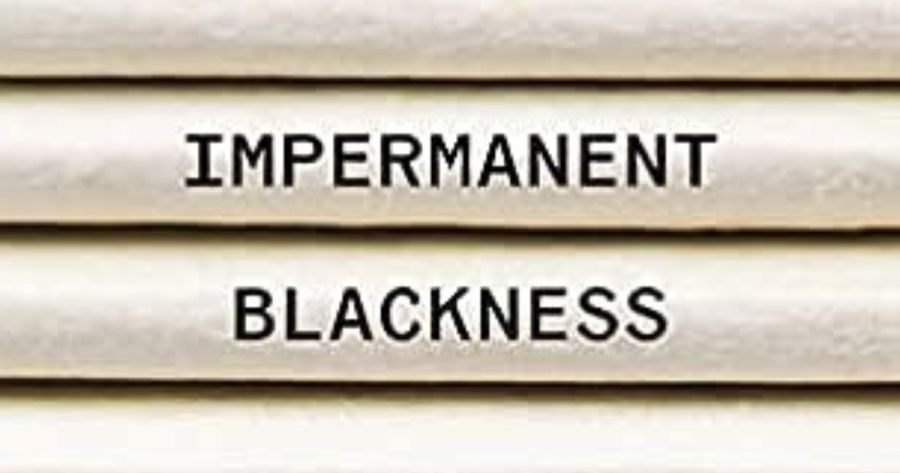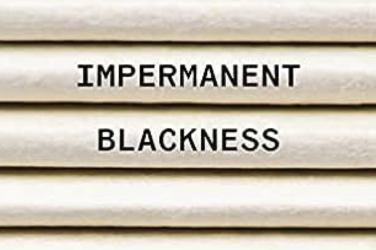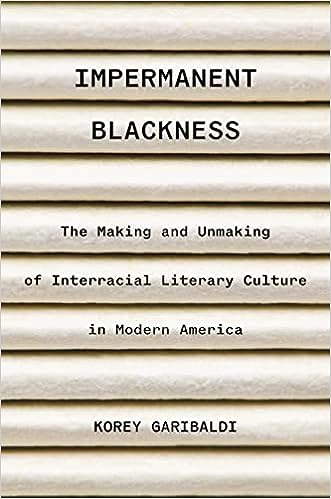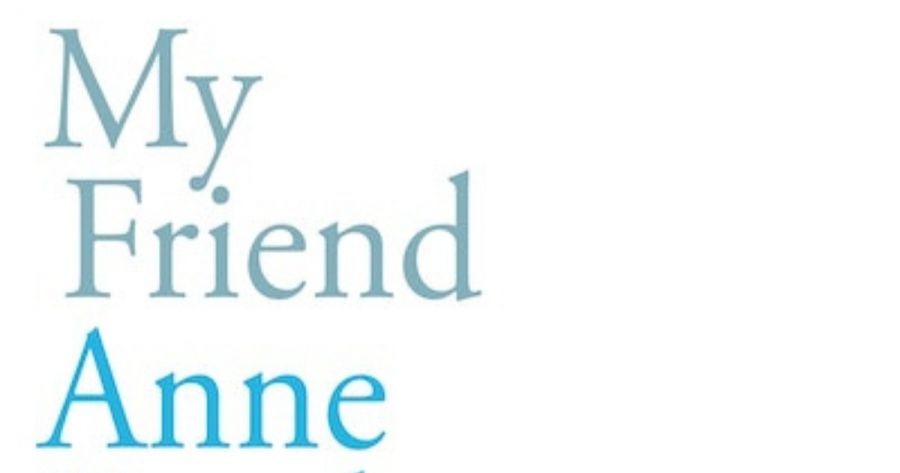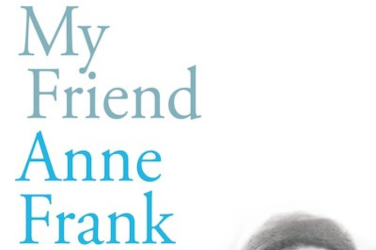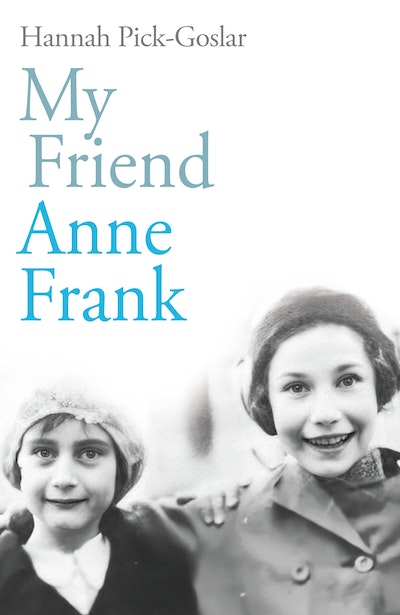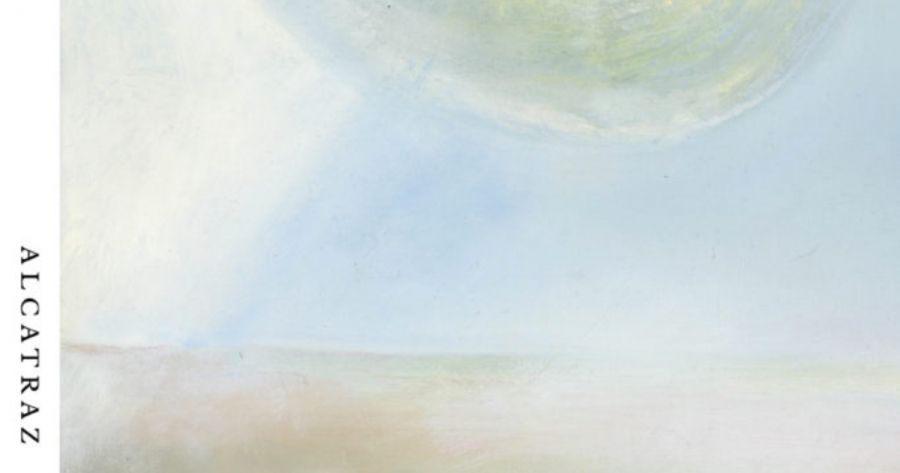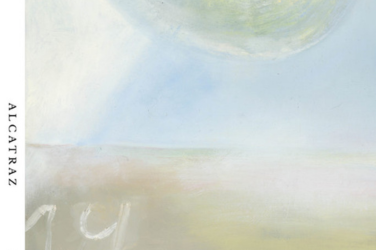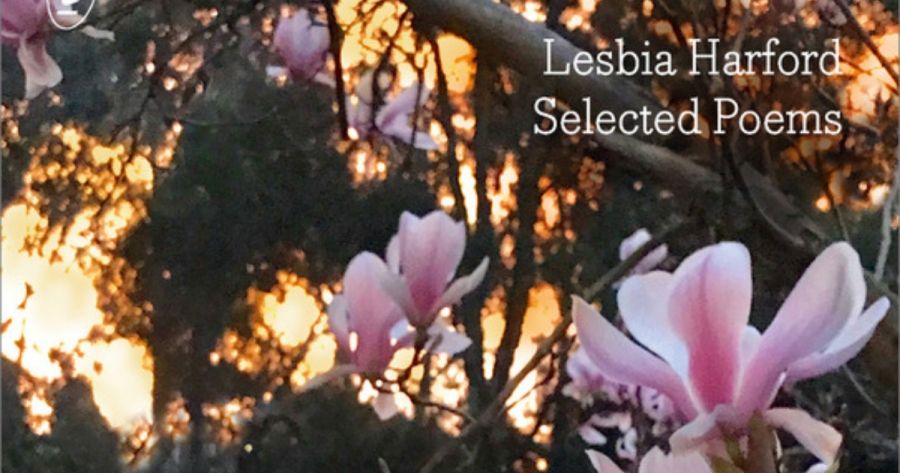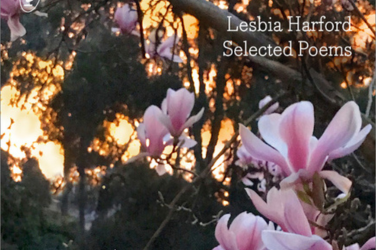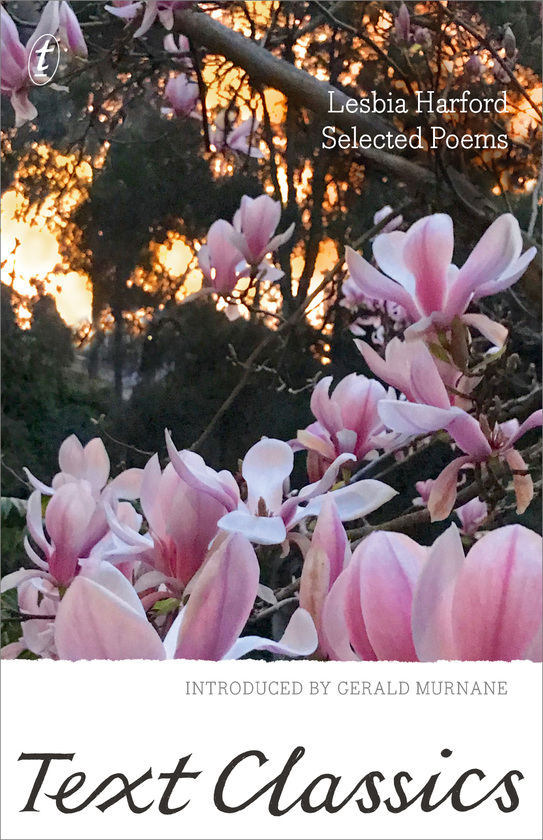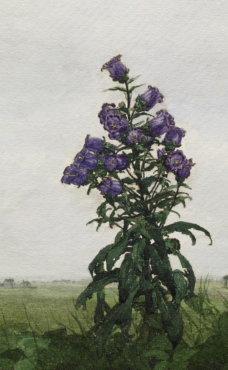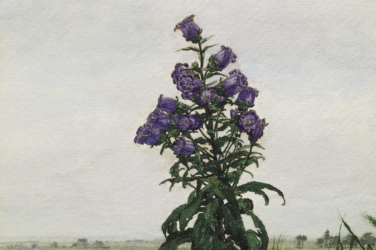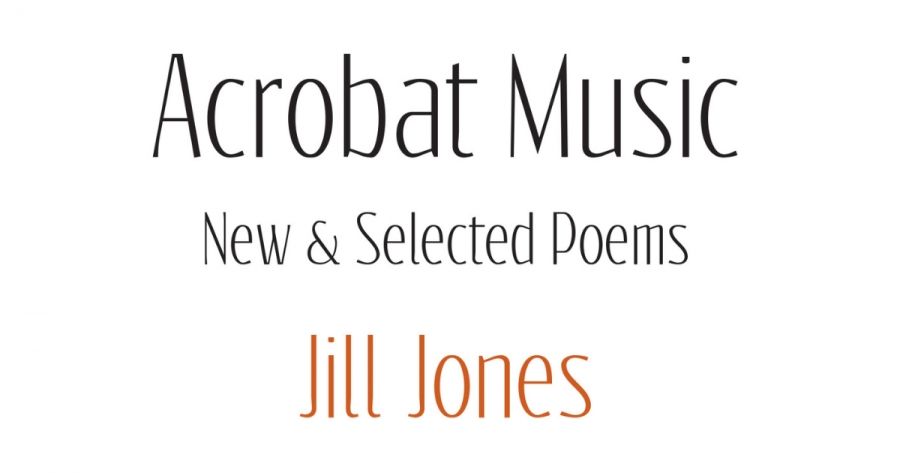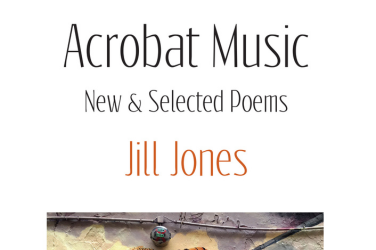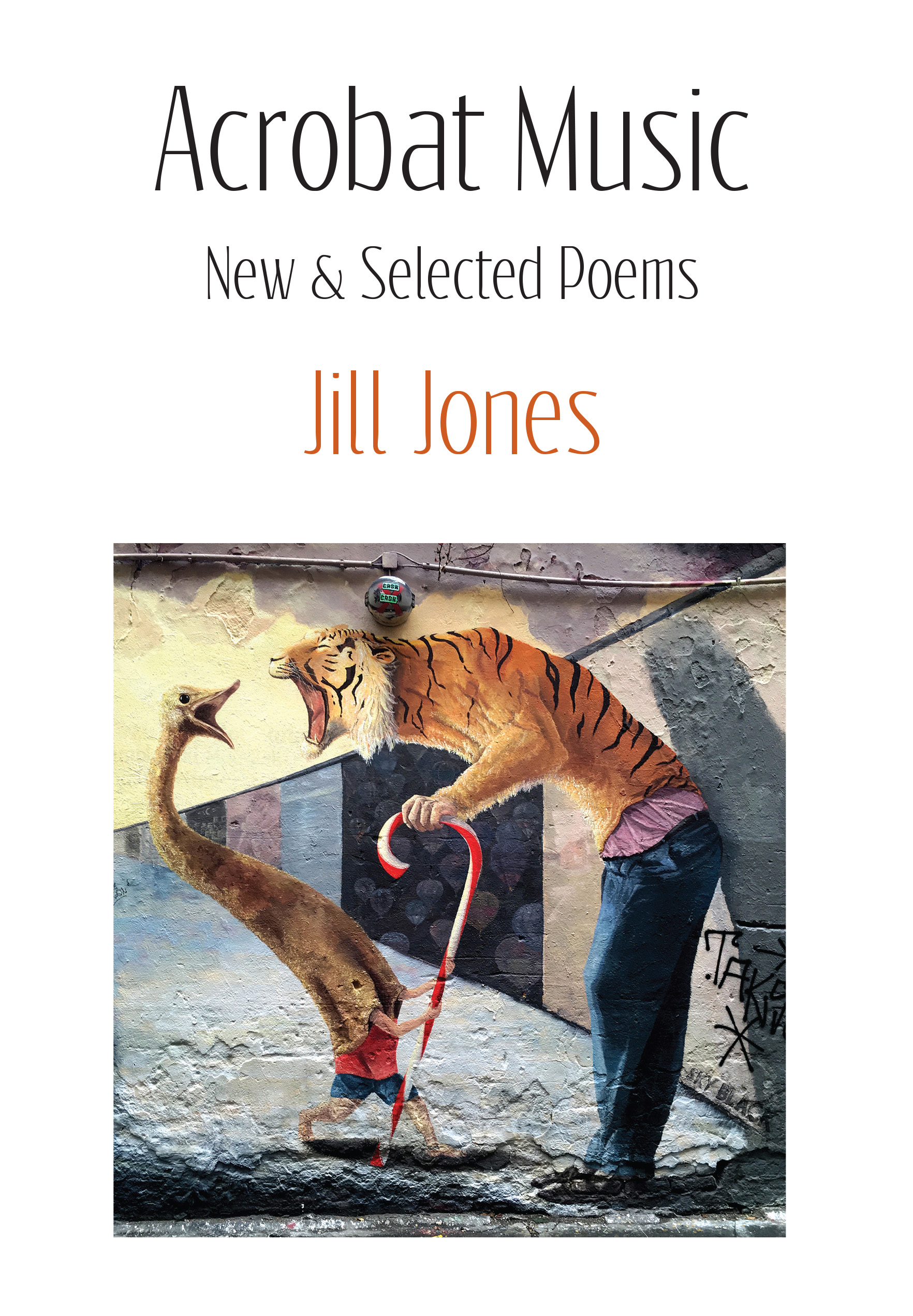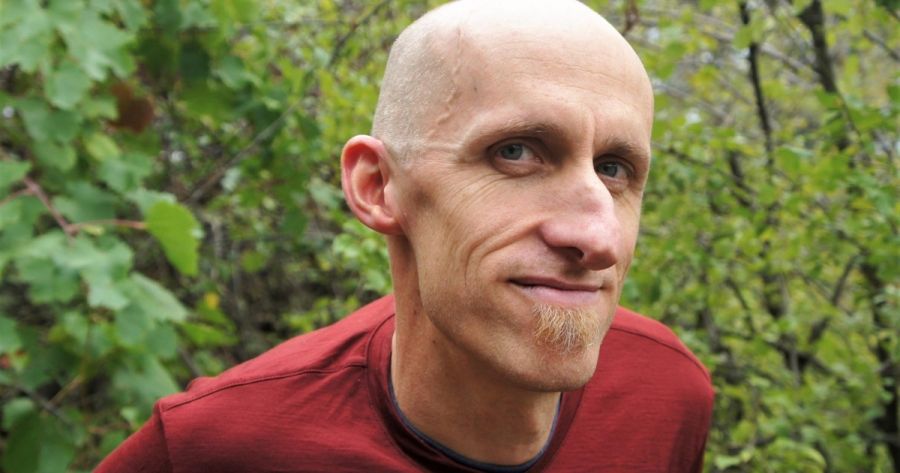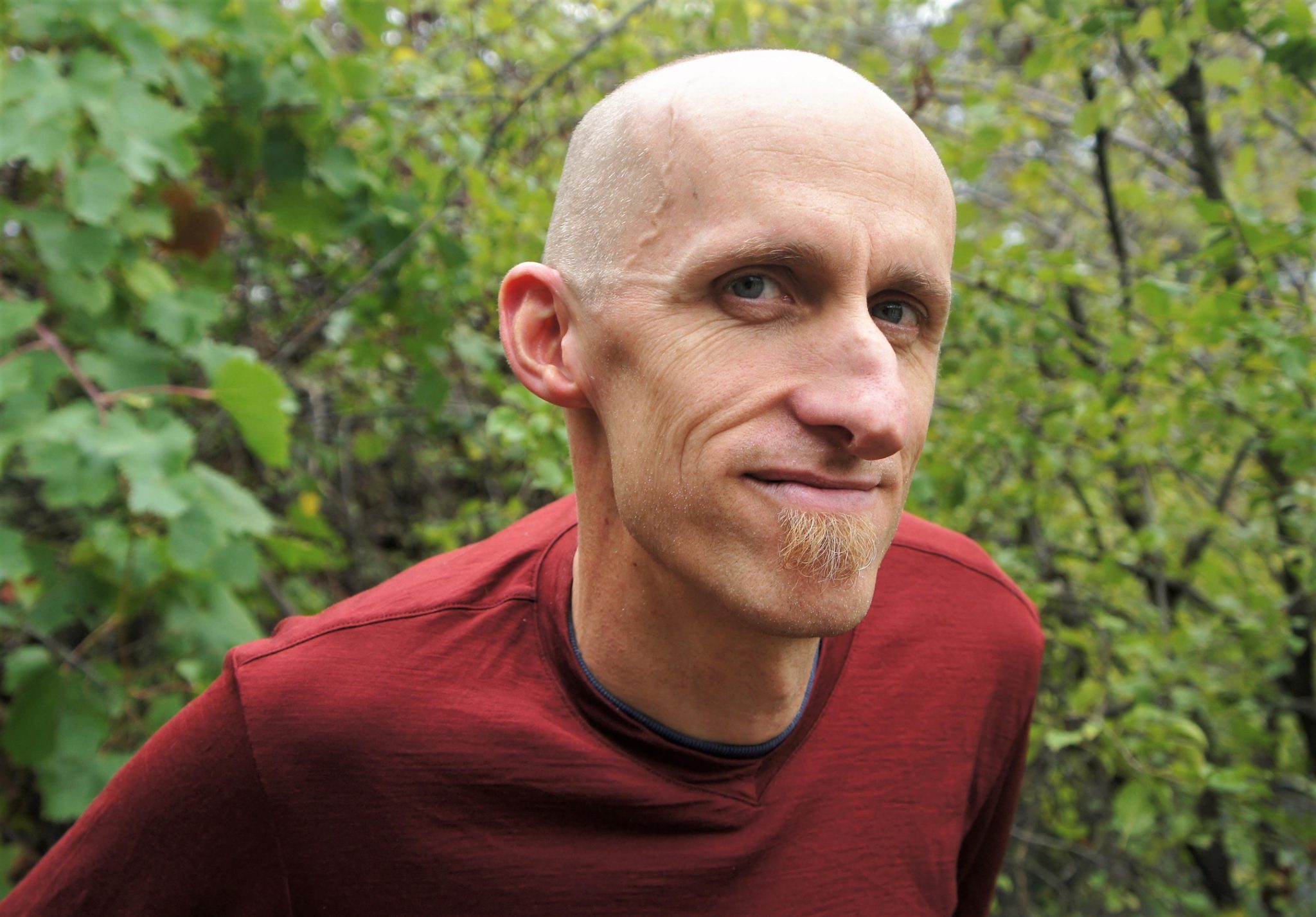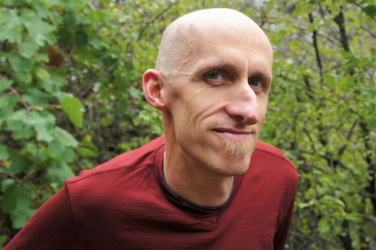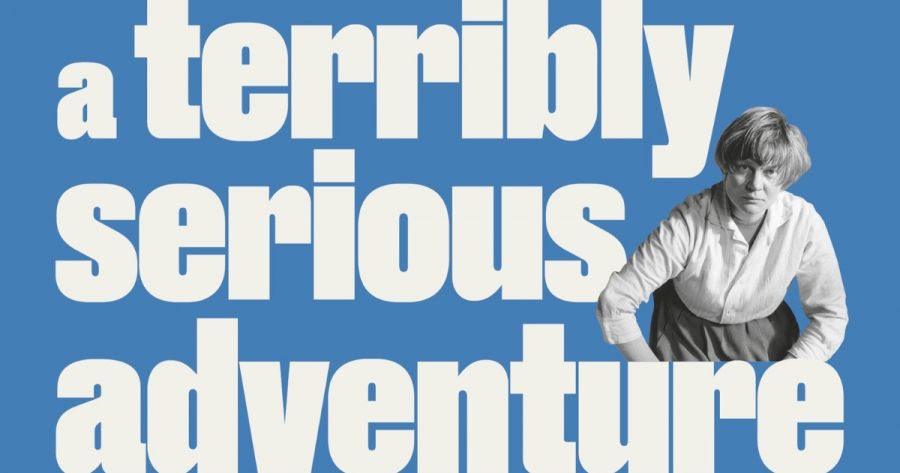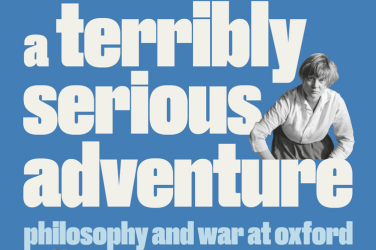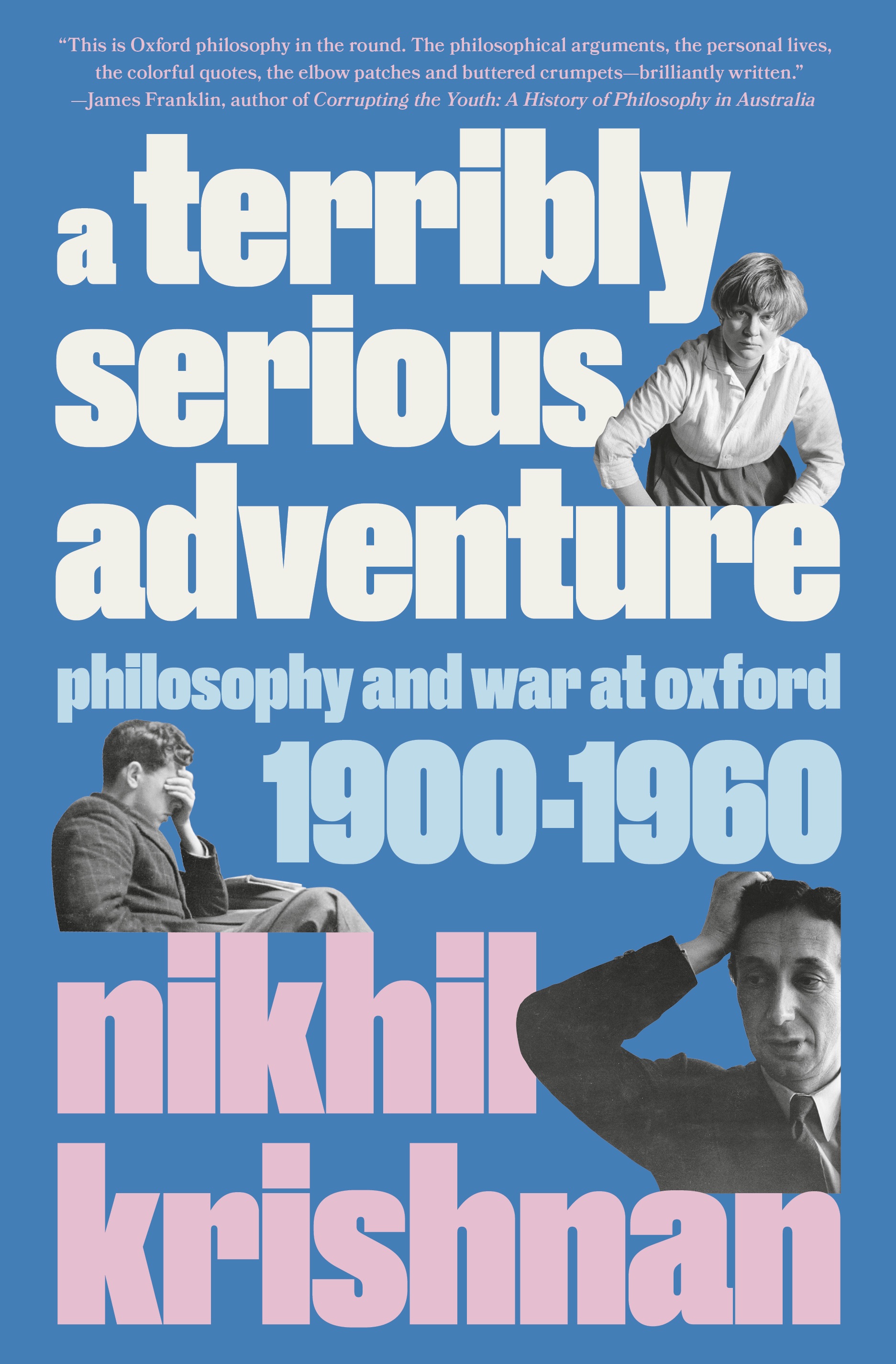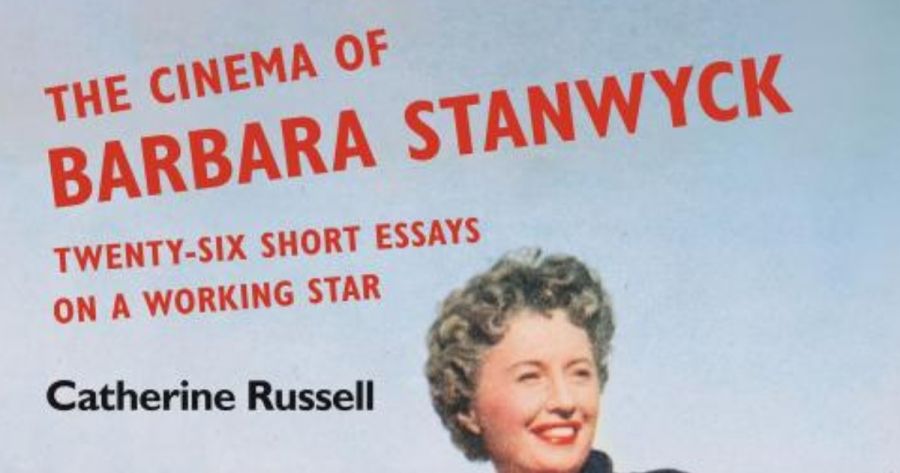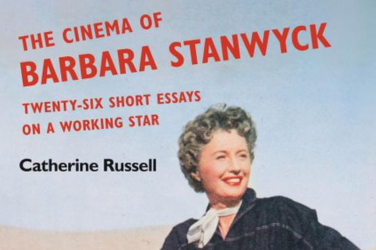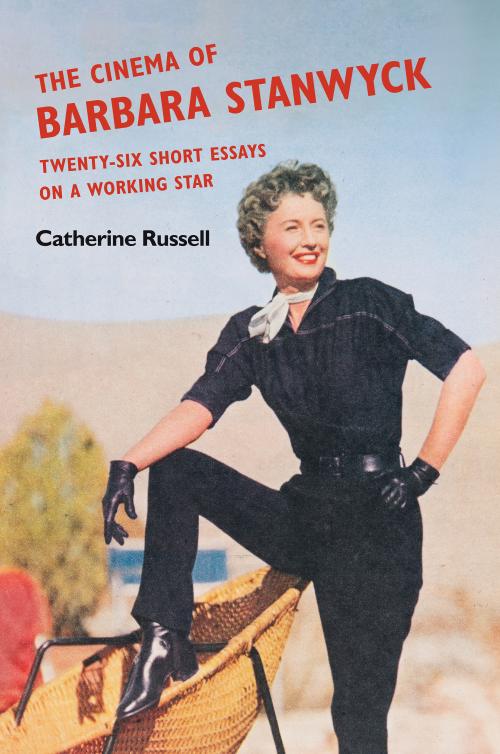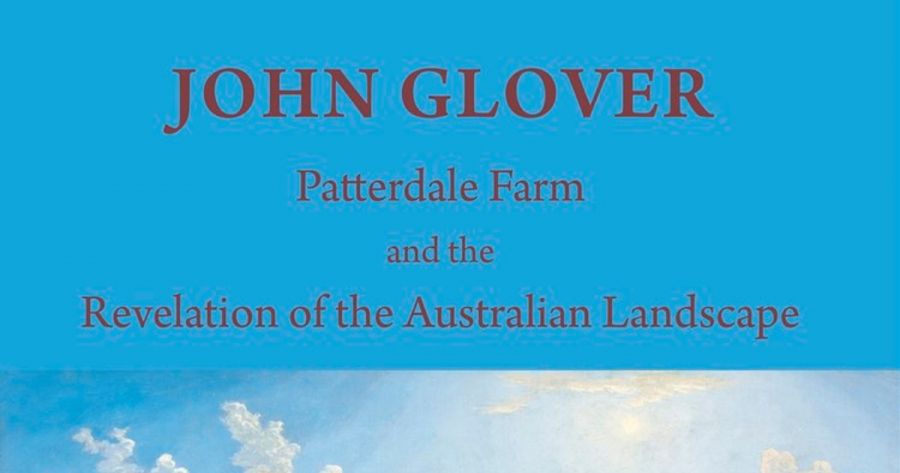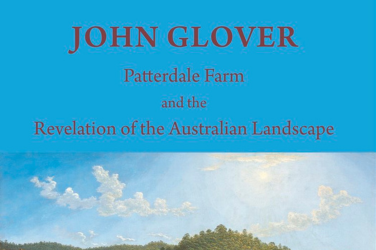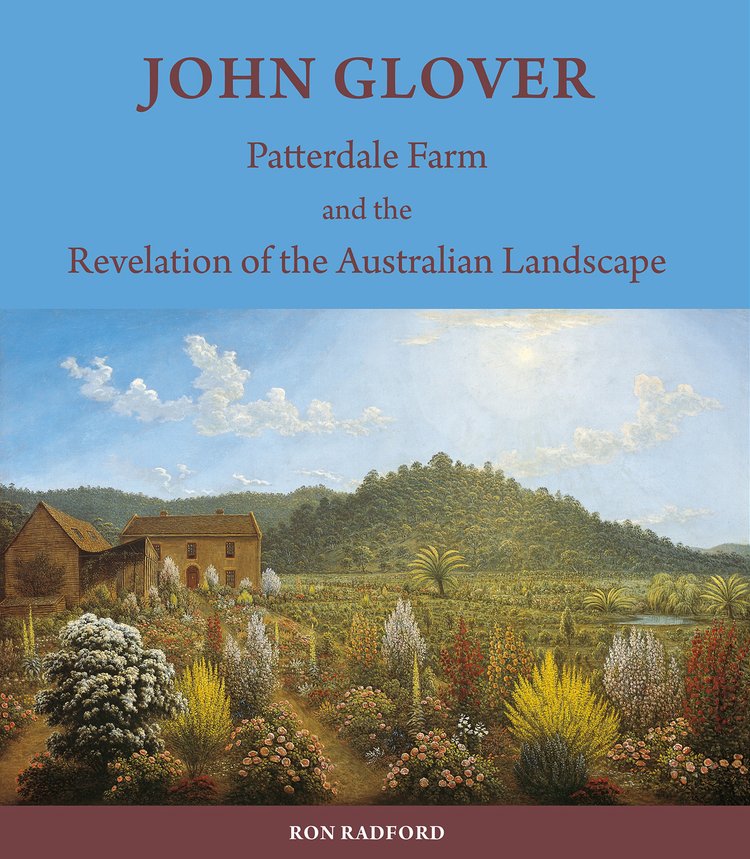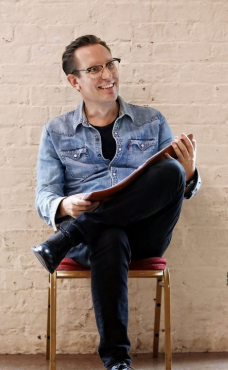- Free Article: No
- Contents Category: Advances
- Custom Article Title: Advances - September 2023
- Review Article: Yes
- Article Title: Advances - September 2023
- Online Only: No
- Custom Highlight Text:
Read the Advances from the September issue of ABR.
Rowan Heath wins the Jolley Prize
Rowan Heath was named the winner of the 2023 ABR Elizabeth Jolley Short Story Prize at an online ceremony on 11 August. Heath, a Melbourne writer, receives $6,000 from ABR.
This year’s judges (Gregory Day, Jennifer Mills and Maria Takolander) described ‘The Mannequin’, as ‘a superbly controlled and nuanced story … a haunting exploration of the mysteriousness at the heart of ourselves’.
Uzma Aslam Khan was placed second ($4,000) for her story ‘Our Own Fantastic’; and Winter Bel was placed third ($2,500) for ‘Black Wax’. All three shortlisted authors read their stories in recent episodes of the ABR Podcast.
After the ceremony, Rowan Heath commented: ‘I’m honoured by the result of this year’s Jolley Prize. I’m incredibly grateful for the feedback and community connection the prize brings, particularly for writers who are building their careers. Sincere thanks to Australian Book Review for once again connecting lovers of stories across the globe.’
As always, we thank our Patron Ian Dickson AM for his continuing and most generous support.
More information about the 2023 Jolley Prize, including a list of the longlisted authors, can be found on our website.
Mark Rubbo
Mark Rubbo, bookseller extraordinaire and managing director of Melbourne’s eight Readings bookstores, has announced his retirement (though no one seems to believe him).
In 1976, Mark took over a small bookshop on the east side of Lygon Street. With the move to the west side of Lygon Street soon after, several stores followed across the city (the newest of them, somewhat improbably, is in the glitzy Emporium). Readings – is a vital part of what we are encouraged to call Melbourne’s literary ecosystem – stocks quality books from around the world while steadfastly supporting Australian literature and publishers. It just won’t be the same stepping into Readings Carlton without a glimpse of Mark trundling yet more books towards the shelves.
Advances salutes Mark Rubbo on his unique contribution to this City of Literature.
Prime Minister’s Literary Awards
There seems to be some movement at the station, for the word has passed around…
So, an update on the 2023 Prime Minister’s Literary Awards, following our notes in the July issue.
Advances remains in touch with the organisers. We have enquired about the composition of the judging panels and the timing of the shortlists and the official ceremony. Here is the most recent advice, dated 18 August:
We are thrilled to be stewarding the Prime Minister’s Literary Awards for the first time from July 2023. We have had a fantastic response receiving hundreds of entries. At this stage it is too premature to announce Judges, short lists, and a venue for the official ceremony but this information will be made available to the sector in due course.
Following the unorthodox composition of two of the panels in the 2022 PMLAs, we trust that this year’s judges will be known soon.
Advances will keep you posted.
Indigenous issue
As we go to print, it seems likely that the Voice referendum will take place in October, when ABR will publish its annual Indigenous issue.
This issue – a highlight of our publishing year – will feature ABR’s strongest-ever representation of First Nations titles and writers. Contributors will include Julie Janson, Tony Birch, Anita Heiss, Shino Konishi, Bebe Bakehouse, and Claire G. Coleman. Alexis Wright has a major feature titled ‘The sovereign time of Country’. There are essays on the Voice referendum, the Indigenous Australian Dictionary of Biography project, and newly emerging Indigenous histories of Australian universities.
The issue will be guest edited by Professor Lynette Russell, ABR Board member and director of the Monash Indigenous Studies Centre, and Dr Georgina Arnott, ABR Assistant Editor and author.
Meanwhile, in this issue, Desmond Manderson – Director of the Centre for Law, Arts and the Humanities at the Australian National University – writes about the profound legacy of the late Yolngu leader Yunupingu and the urgent need to regard national constitutions as needing and being worthy of change, renewal, amelioration. He argues that the Yes case in the coming referendum ‘derives from a very different way of thinking about law, time, and citizenship’.
Elizabeth Webby (1942–2023)
Australian literature has lost one of its most prolific and influential champions. Elizabeth Webby AM died on 6 August, after a long illness. Professor Webby, a scholar of nineteenth-century Australian literature and Australian women’s literature, held several instrumental roles in Australian literary studies, most notably Chair of Australian Literature at the University of Sydney (1990 –2007); she had joined the staff as a tutor in 1965. She was Editor of Southerly from 1988 to 1999).
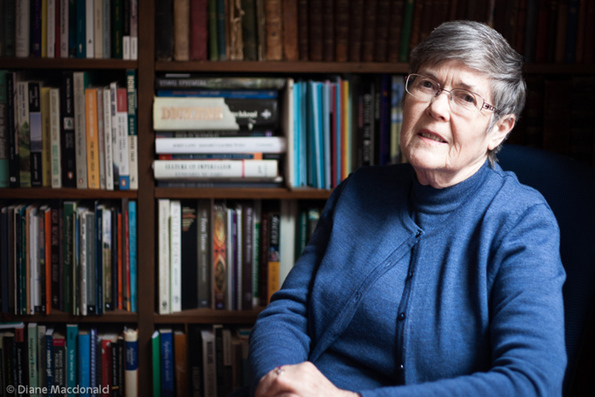 Elizabeth Webby (Diane Macdonald)
Elizabeth Webby (Diane Macdonald)
Webby’s many publications as editor included The Cambridge Companion to Australian Literature (2000). What is harder to quantify is the encouragement and camaraderie she offered colleagues and younger scholars with the careful thought she gave their work and her receptivity to new ideas.
Prizes galore
The Peter Porter Poetry Prize – now in its twentieth year and worth a total of $10,000 – remains open until 9 October. Thanks to all those who have submitted new poems from around the world.
To celebrate the Porter Prize and to revisit some outstanding poems of the past two decades, we invited several previous winners to read their winning poems and reflect on the Porter on the ABR Podcast. The poets are Sara M. Saleh, A. Frances Johnson, Damen O’Brien, Judith Beveridge, Alex Skovron, and Judith Bishop (one of only two poets to win the prize twice).














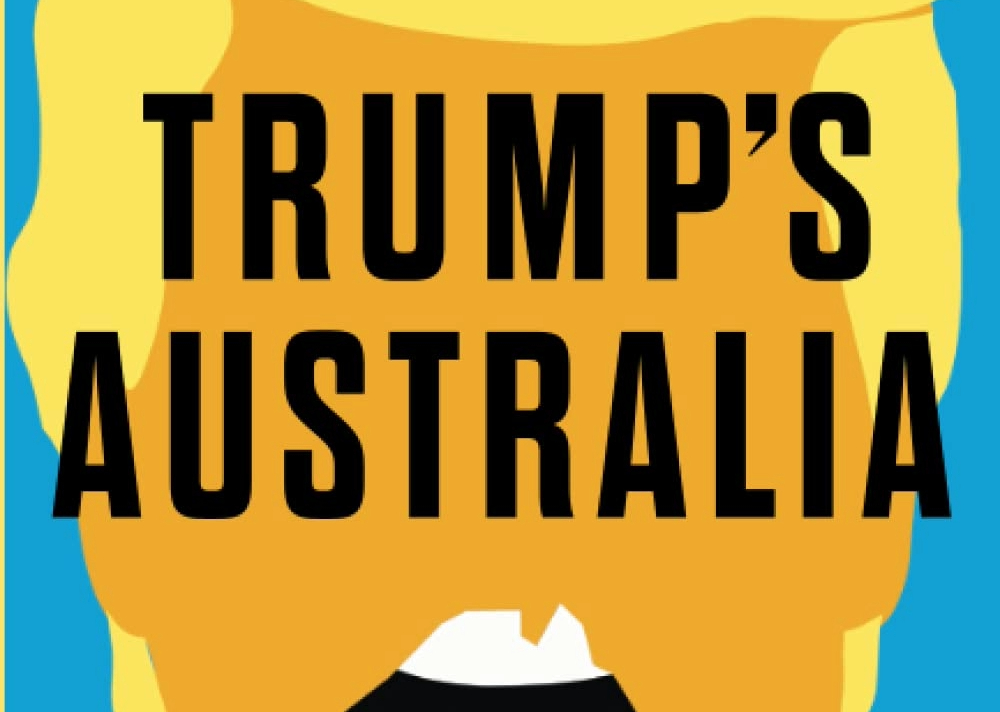
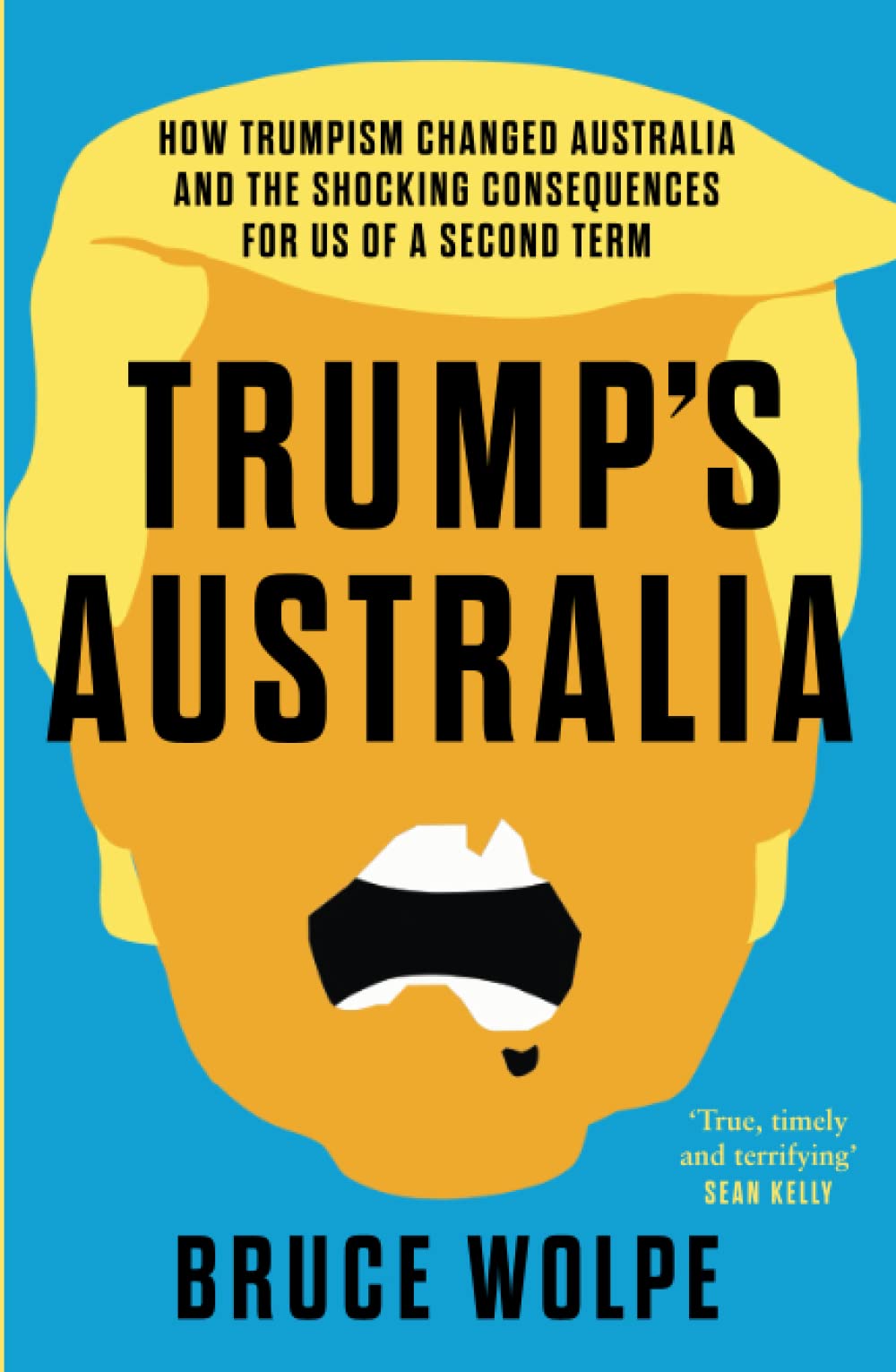
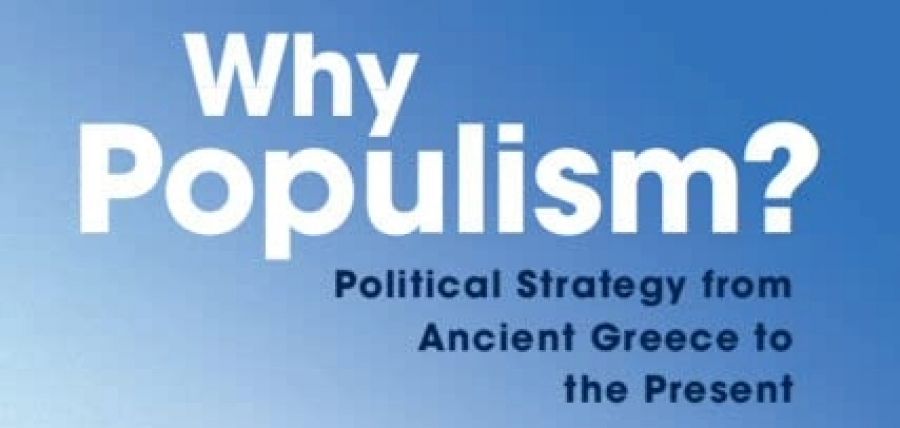

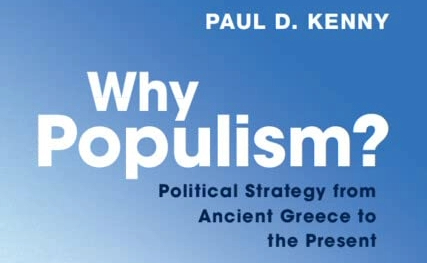
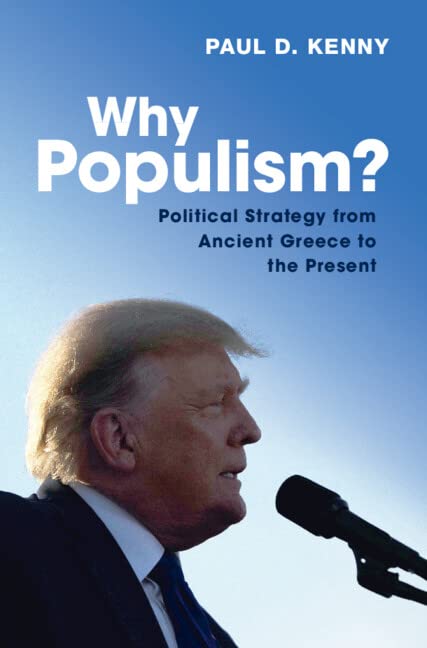

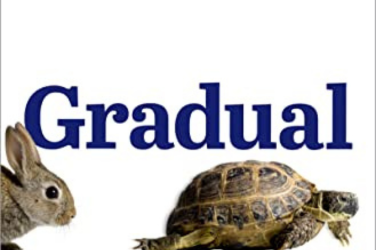
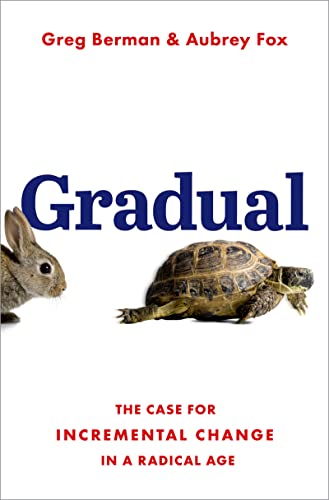

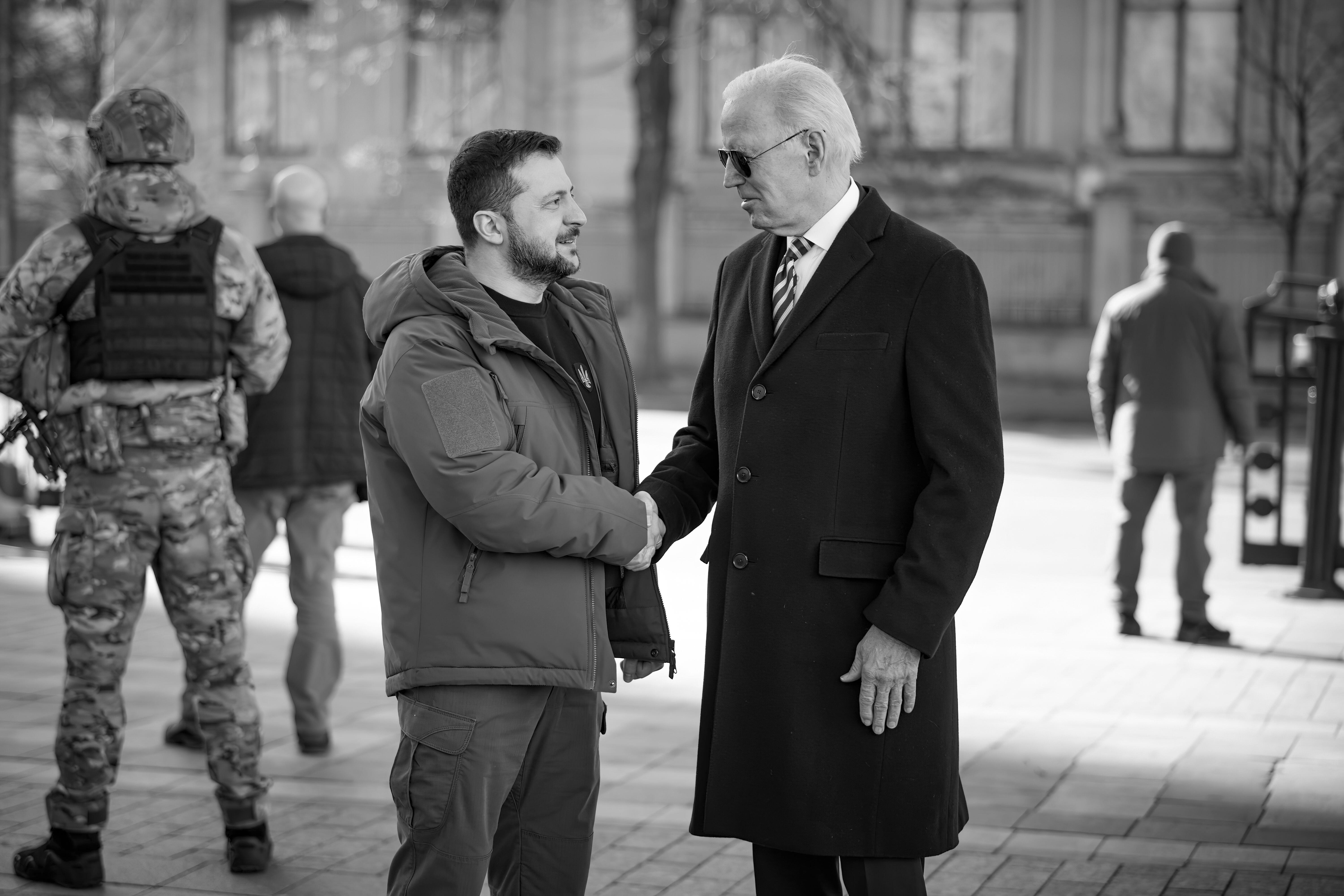
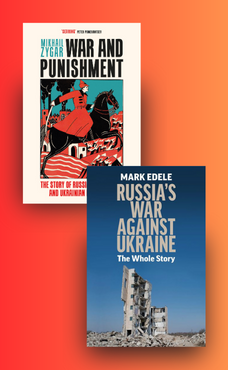
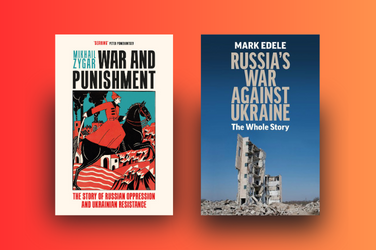
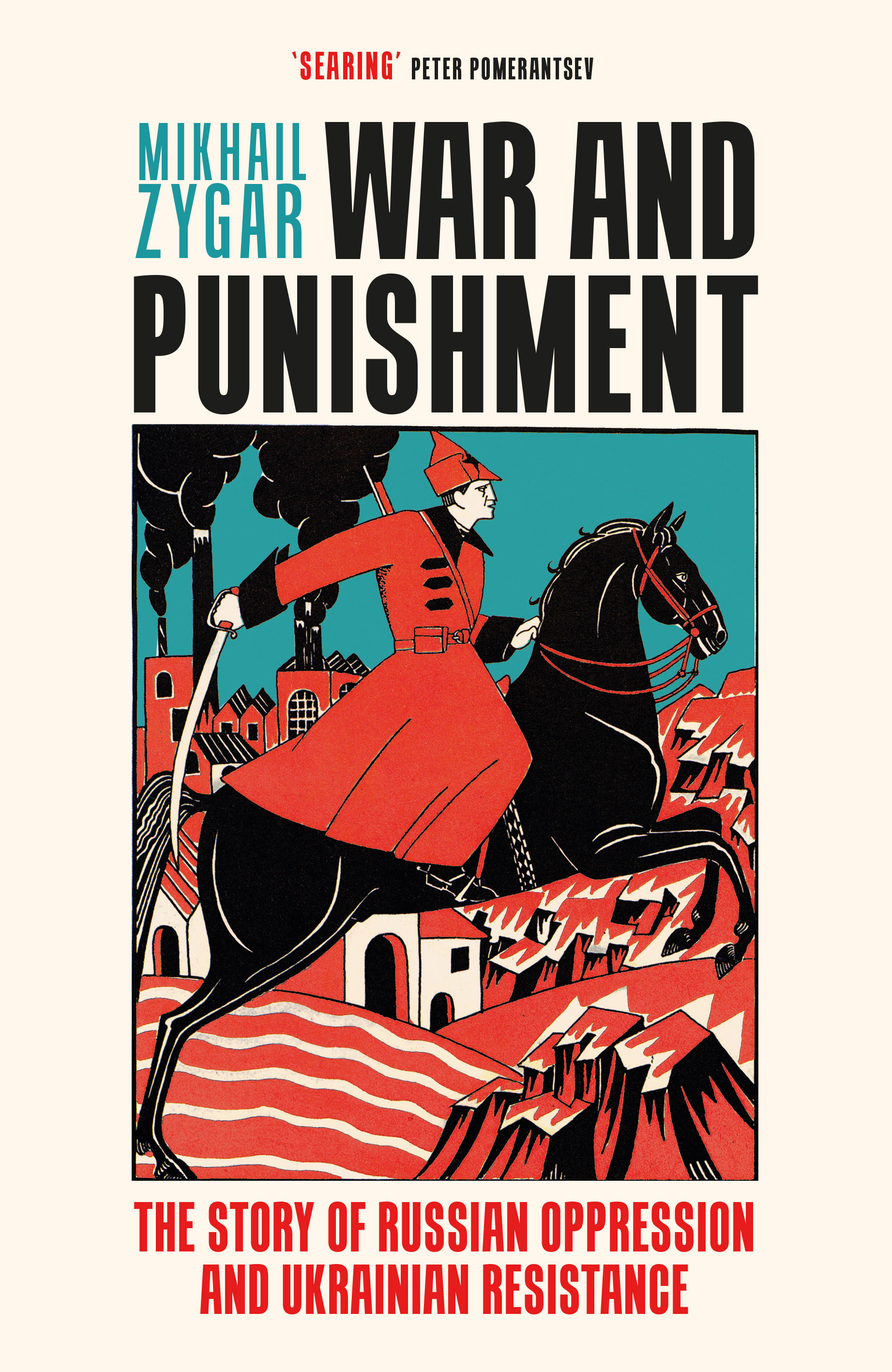
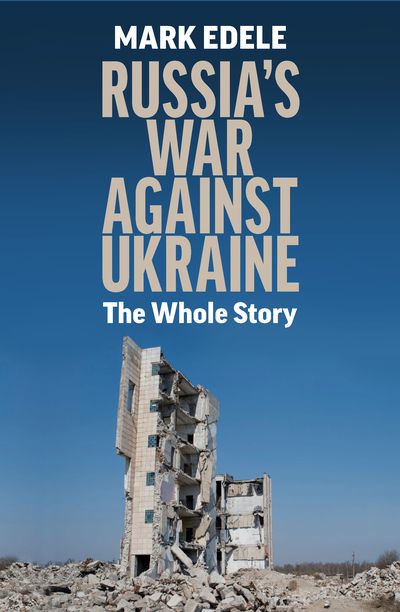
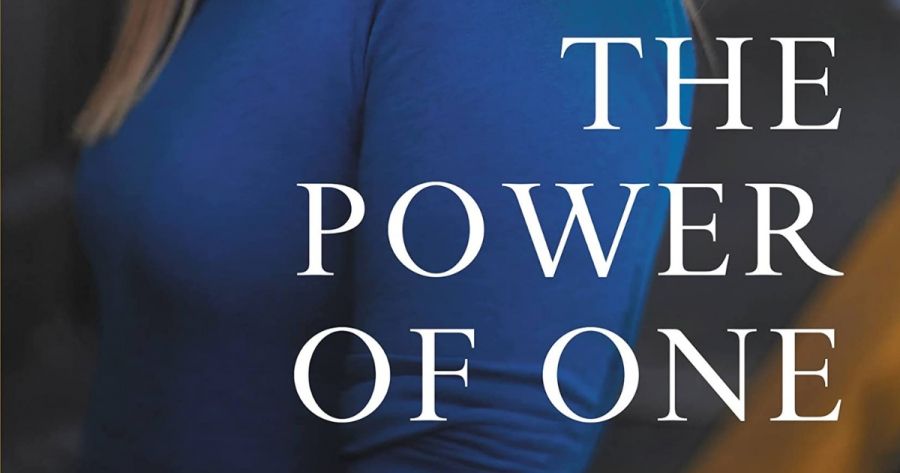
.jpg)
